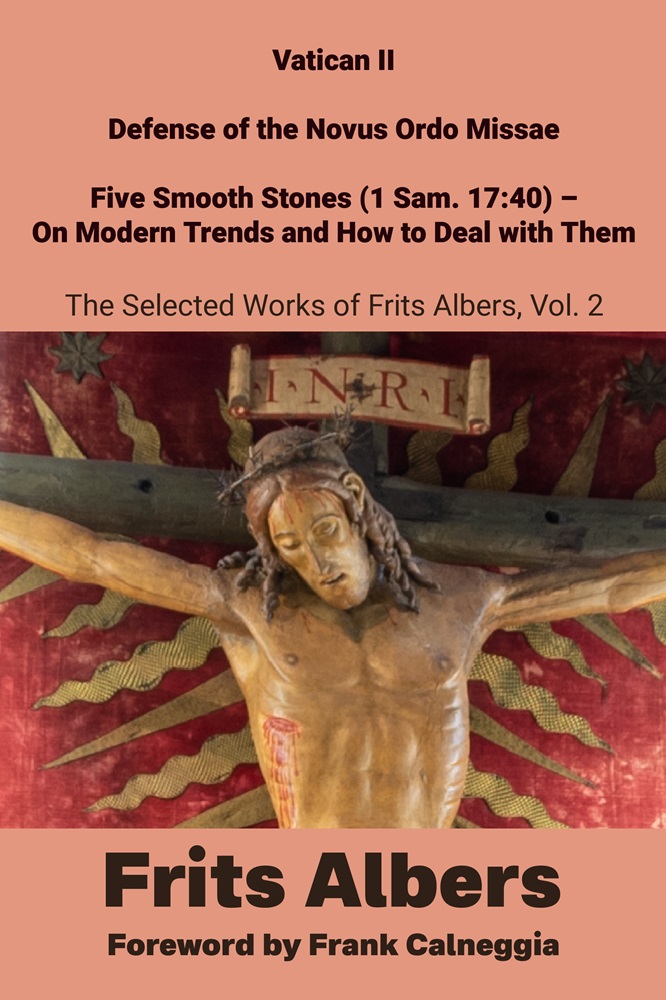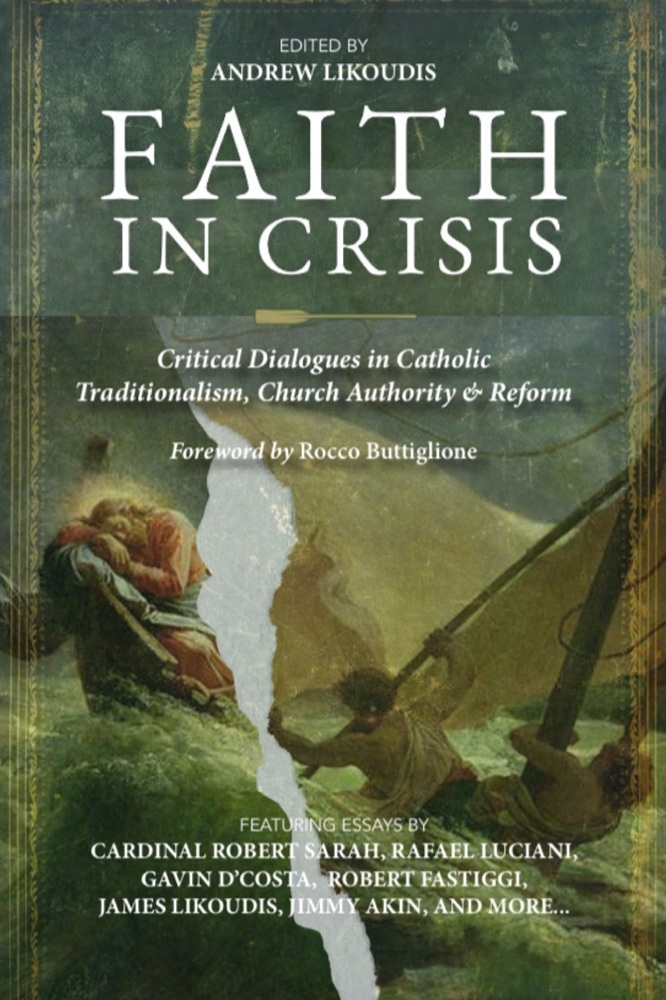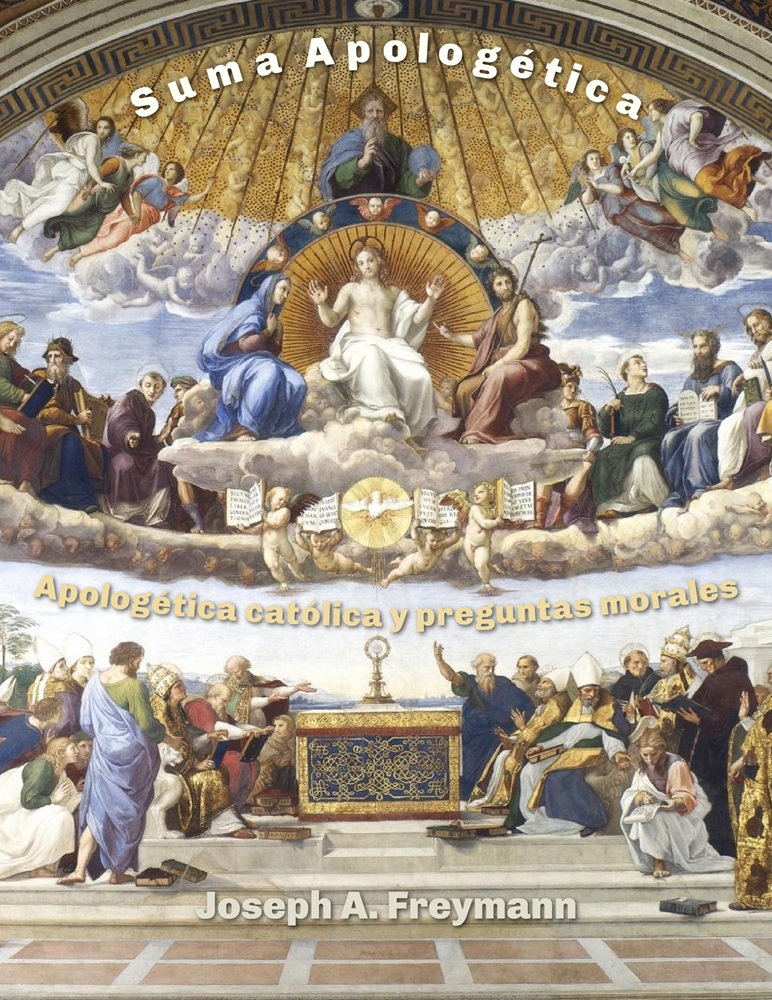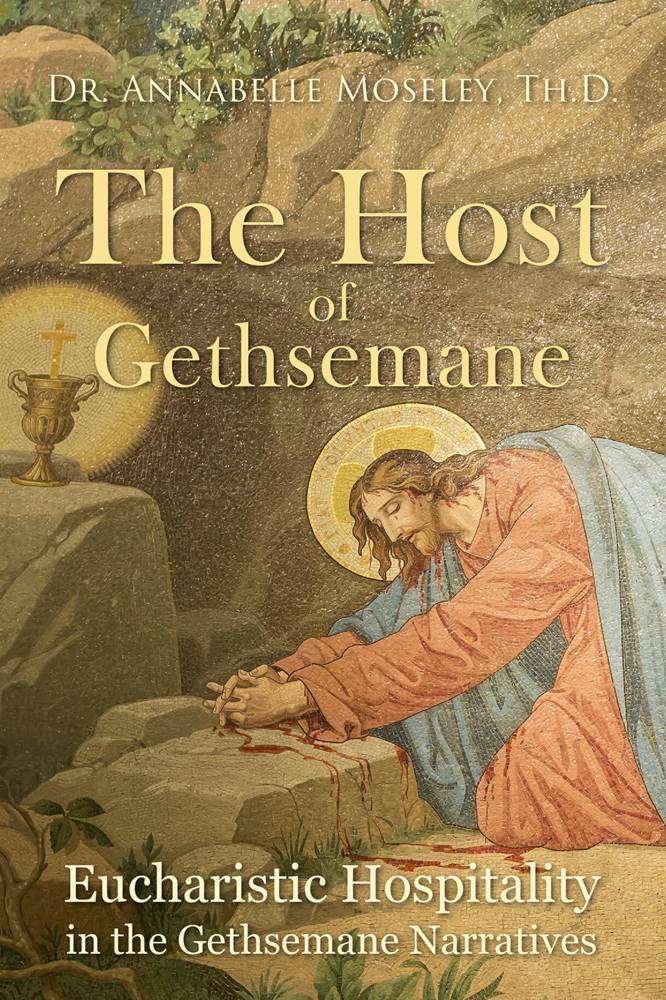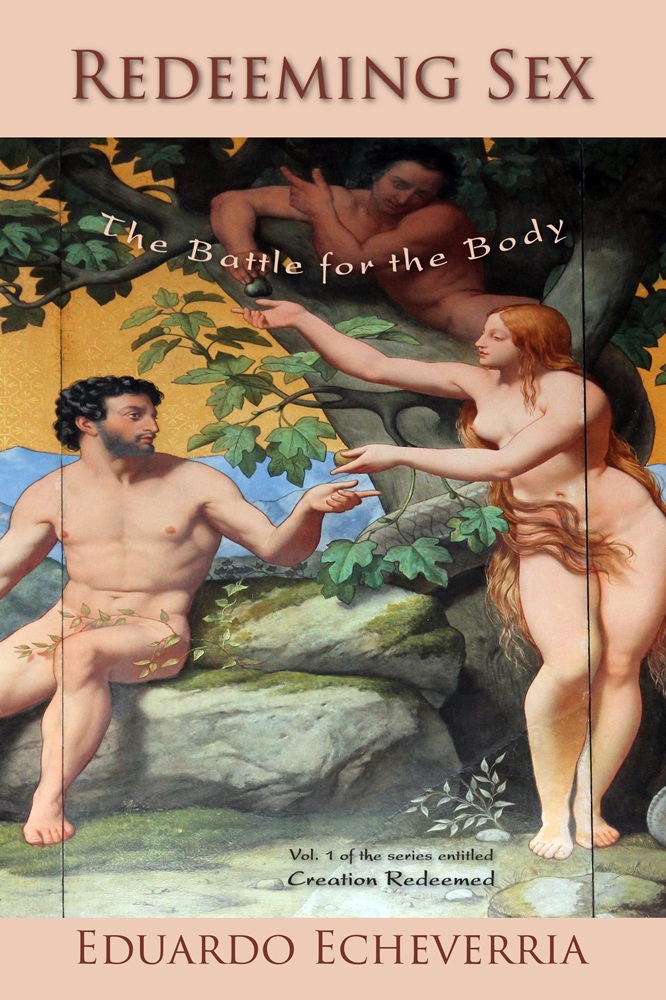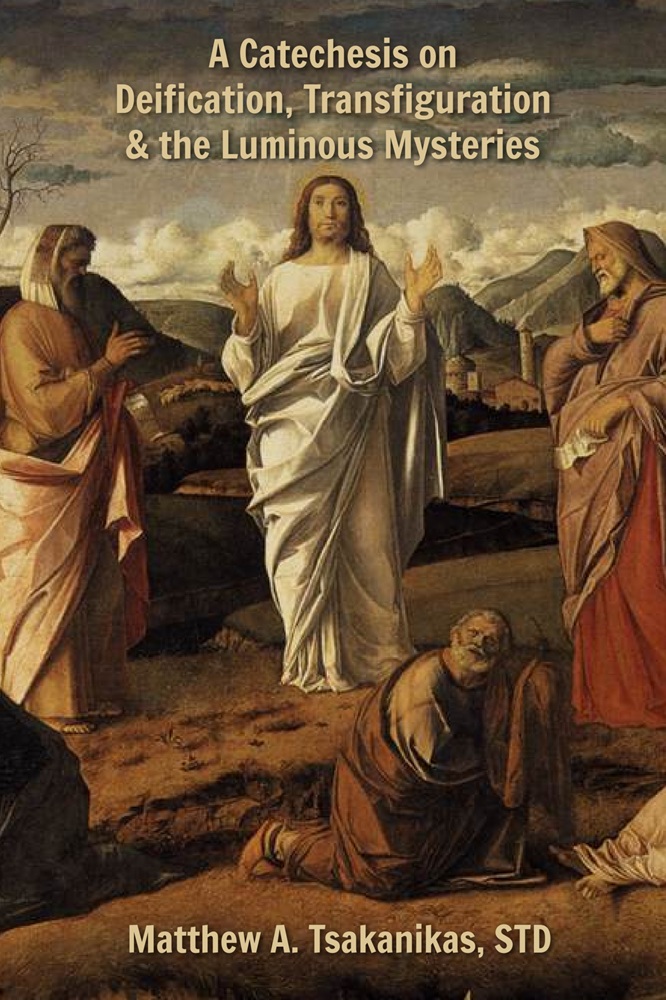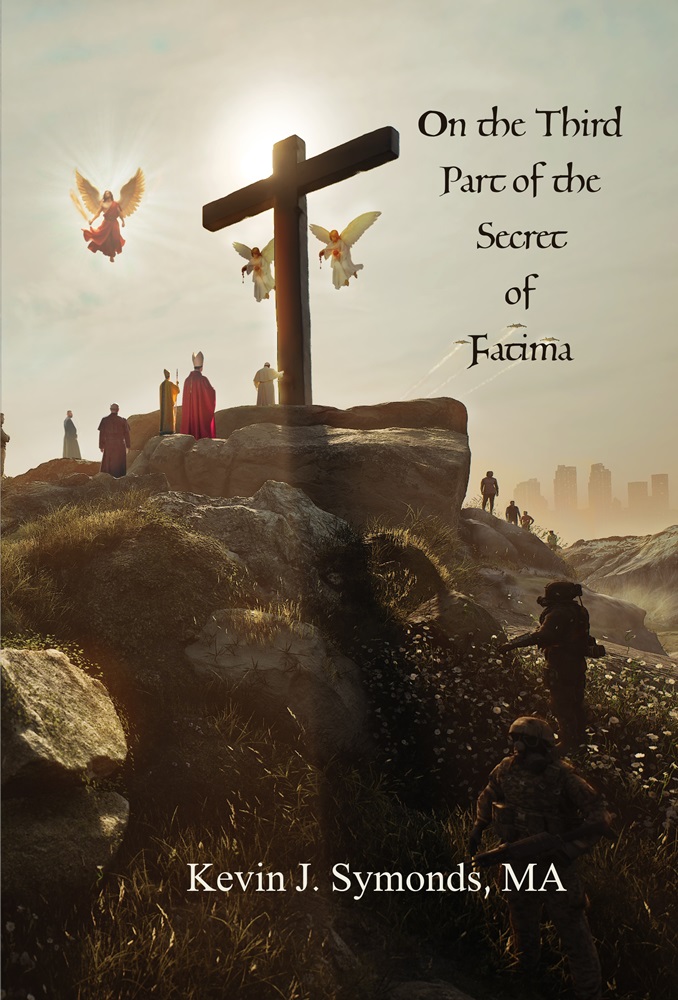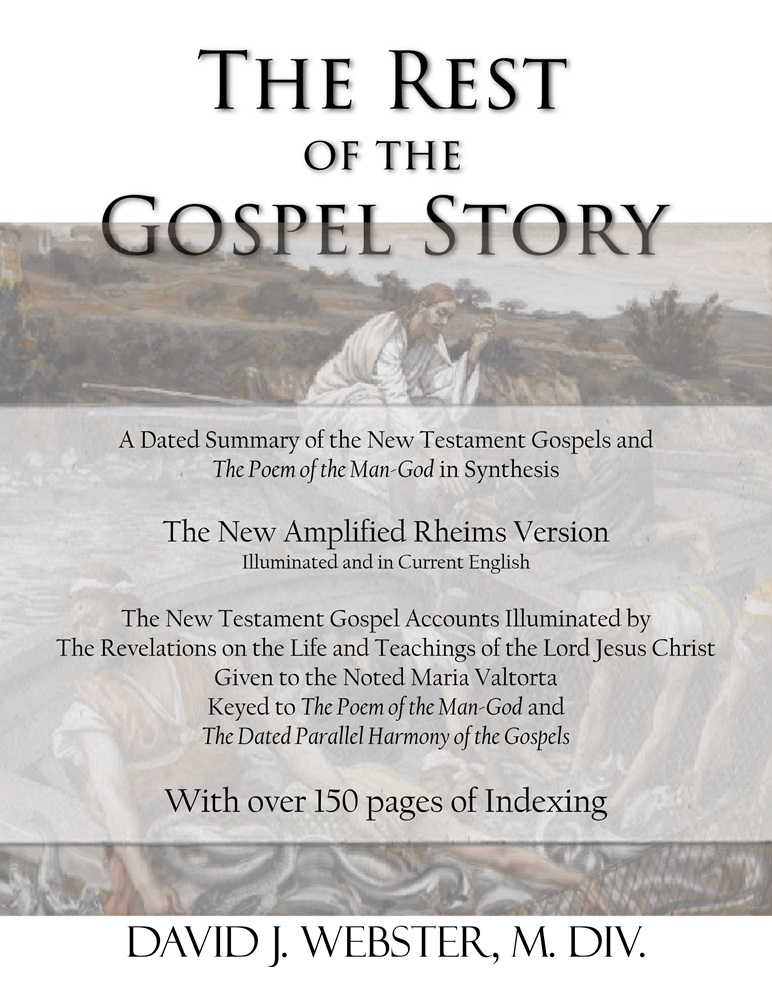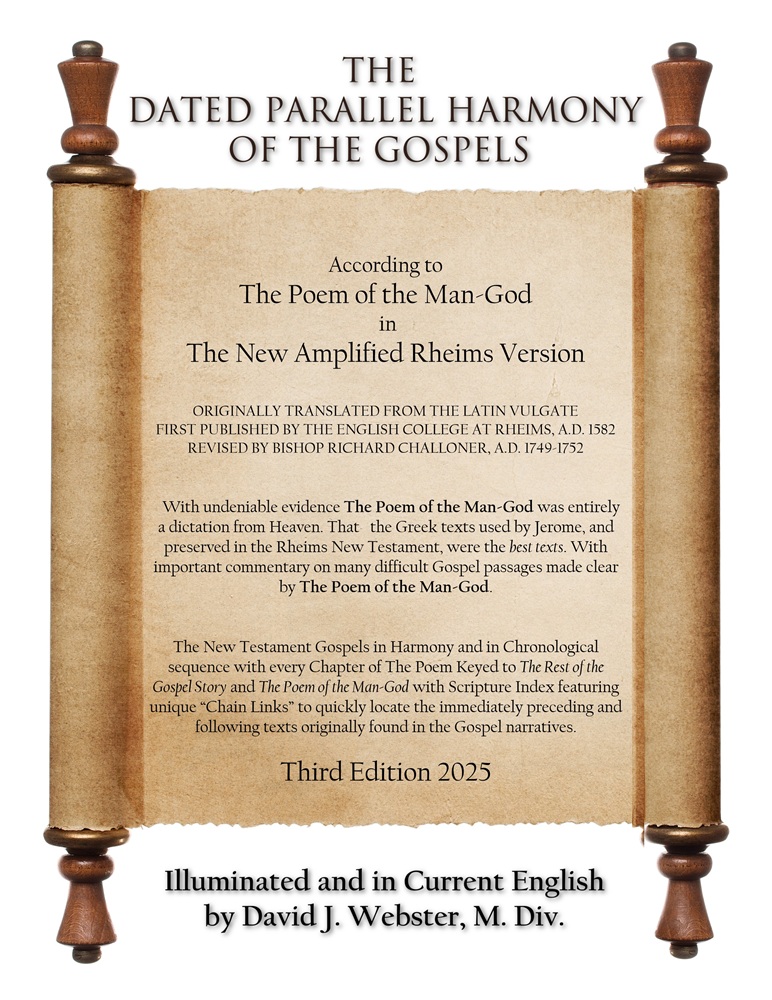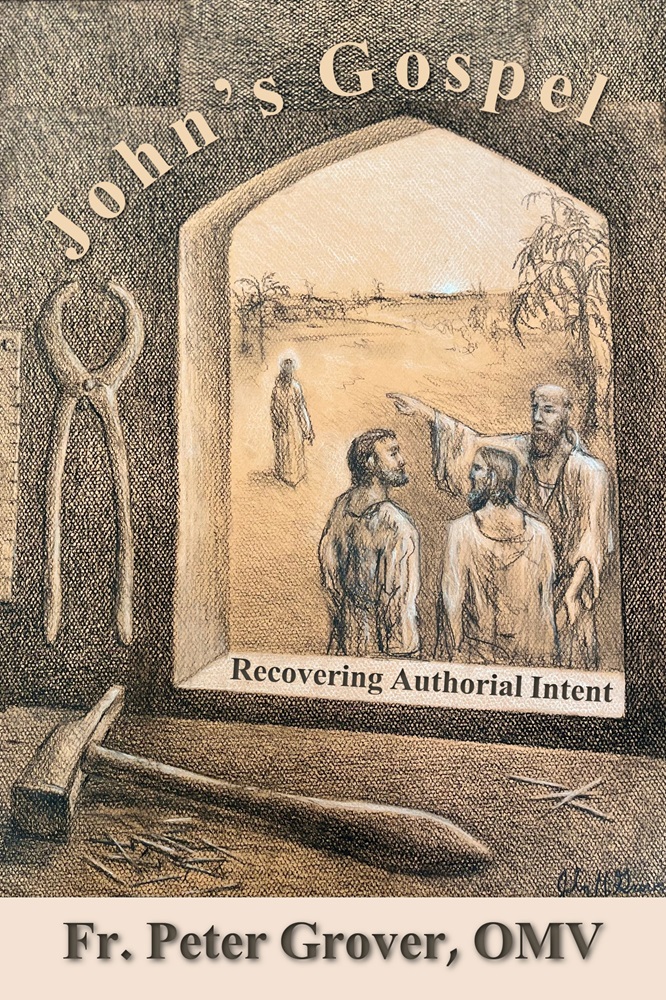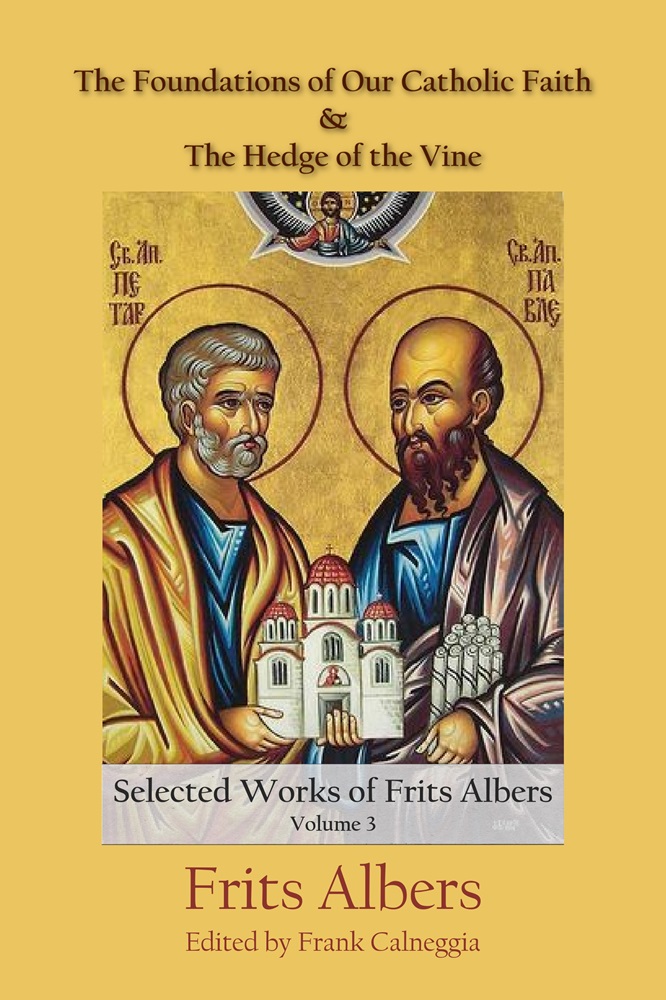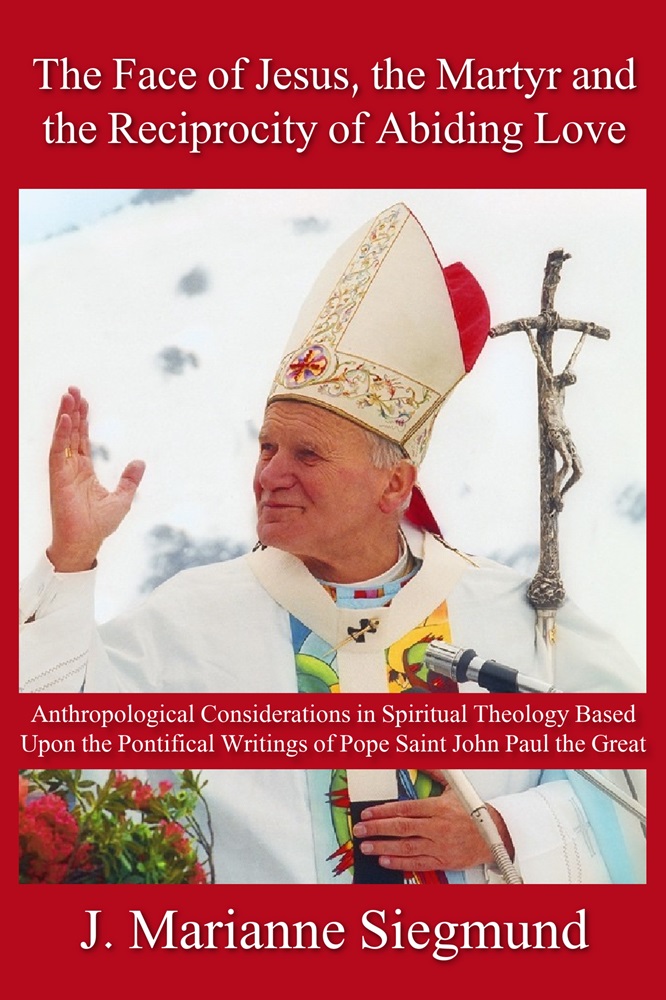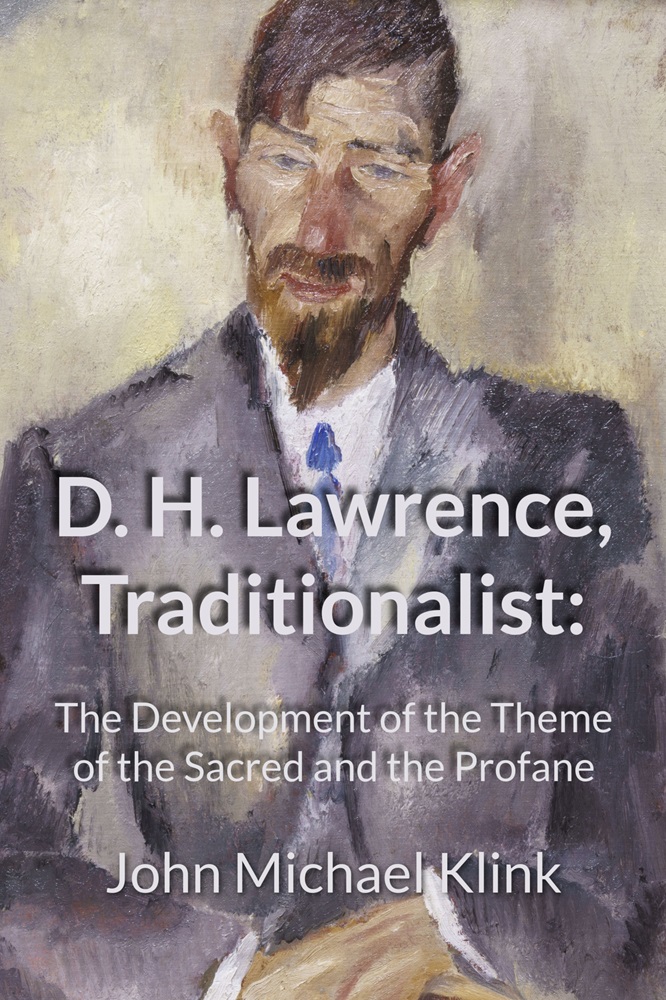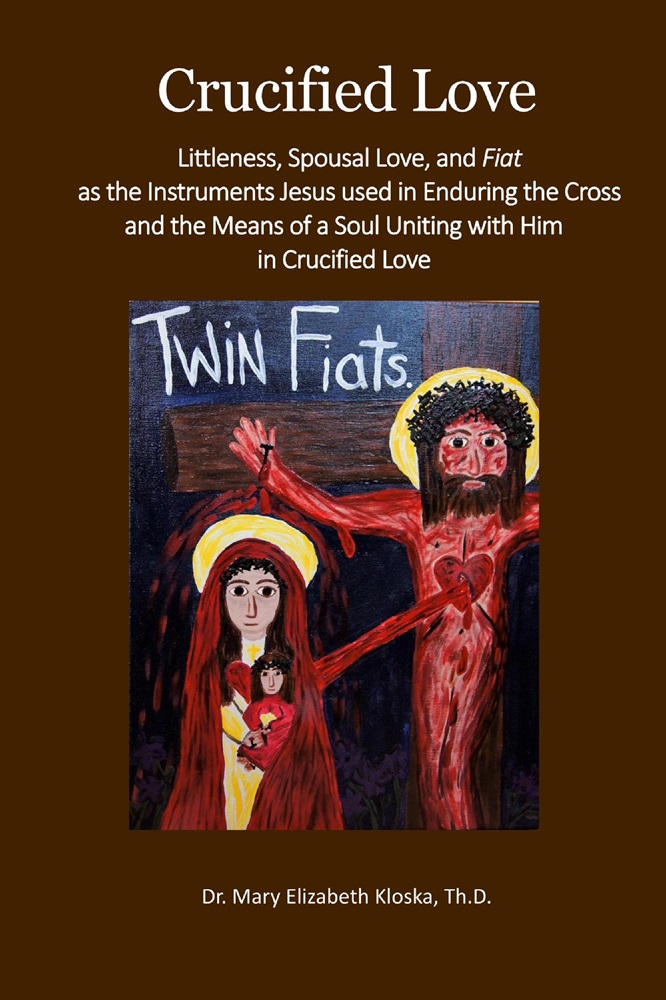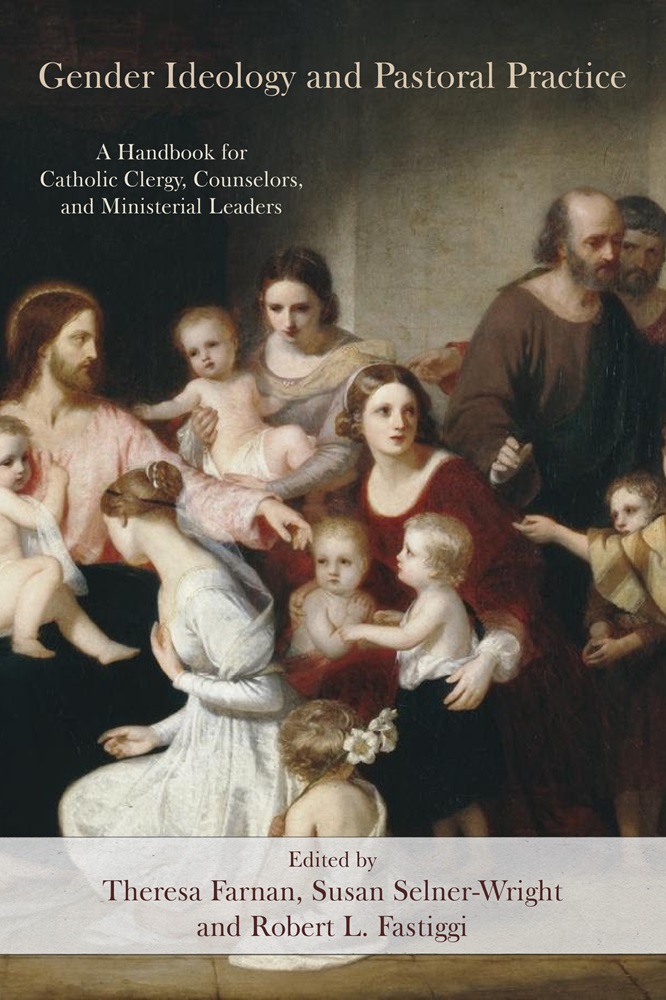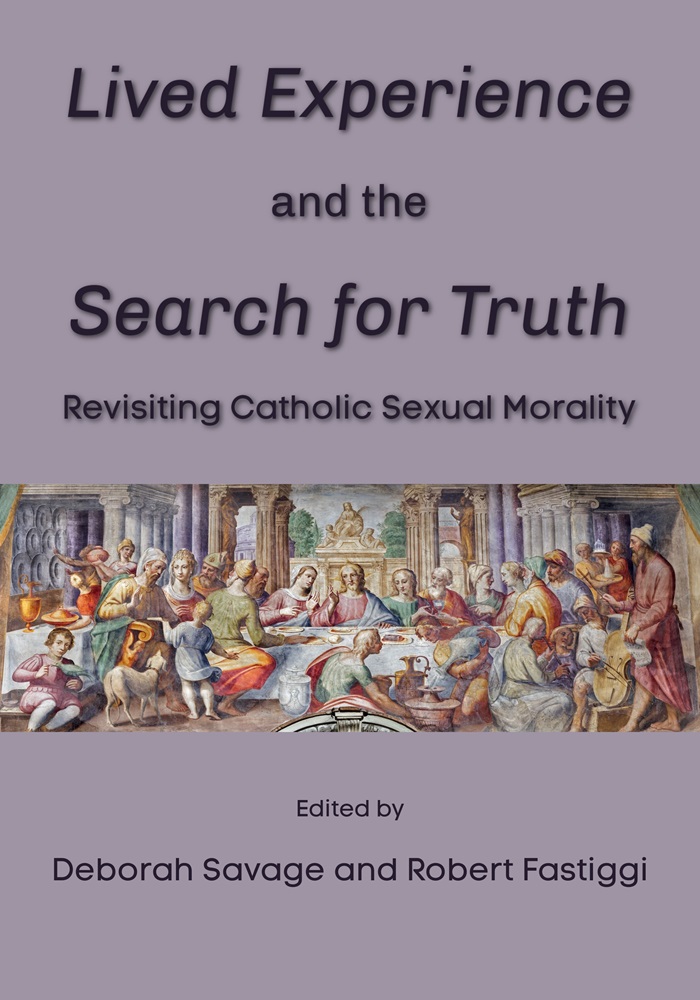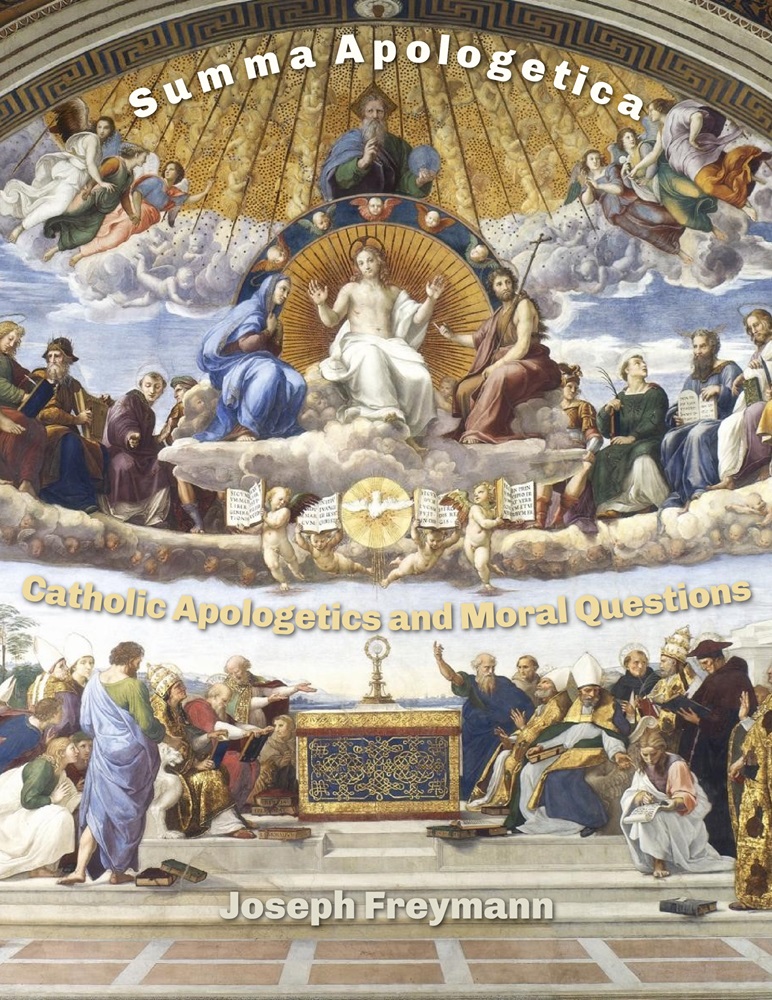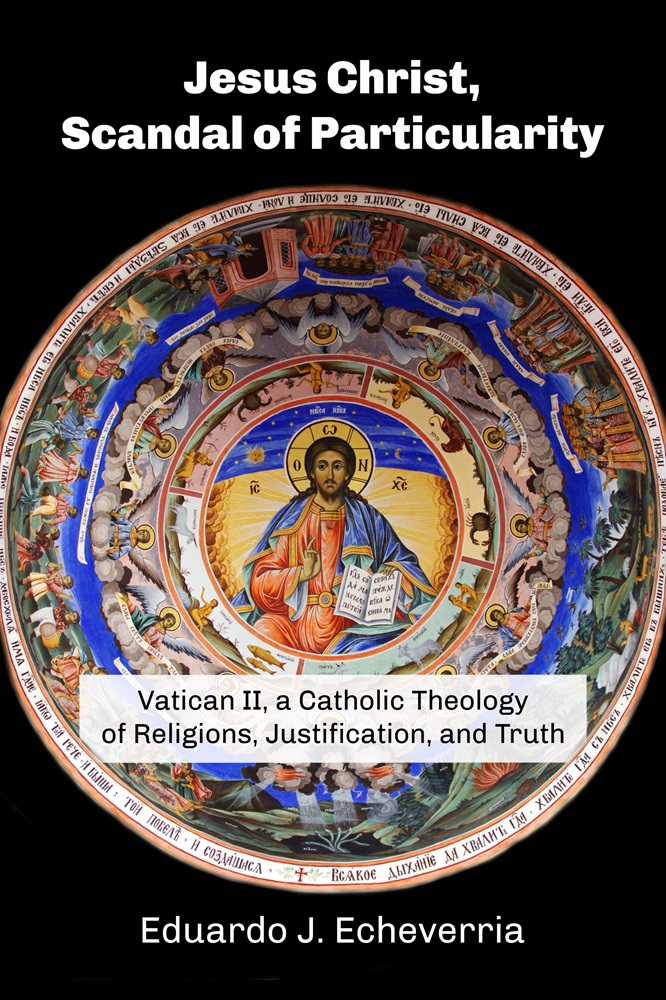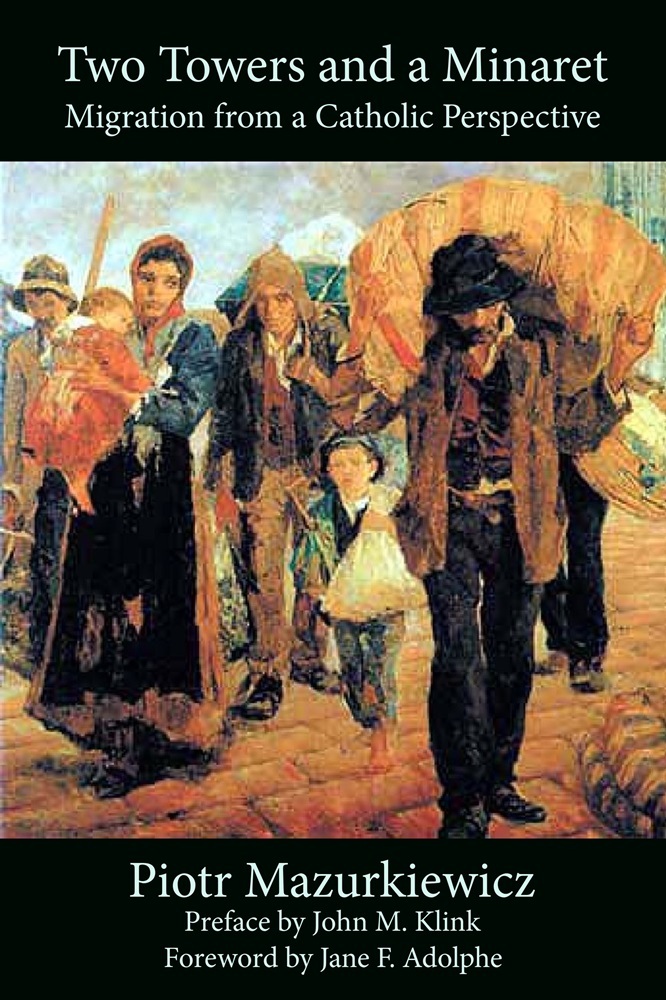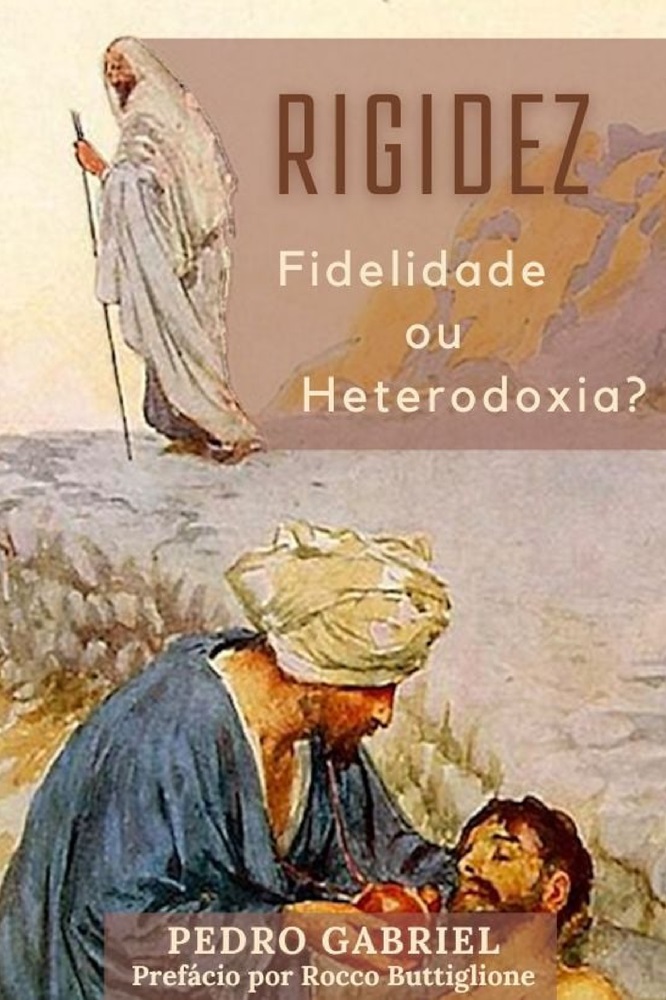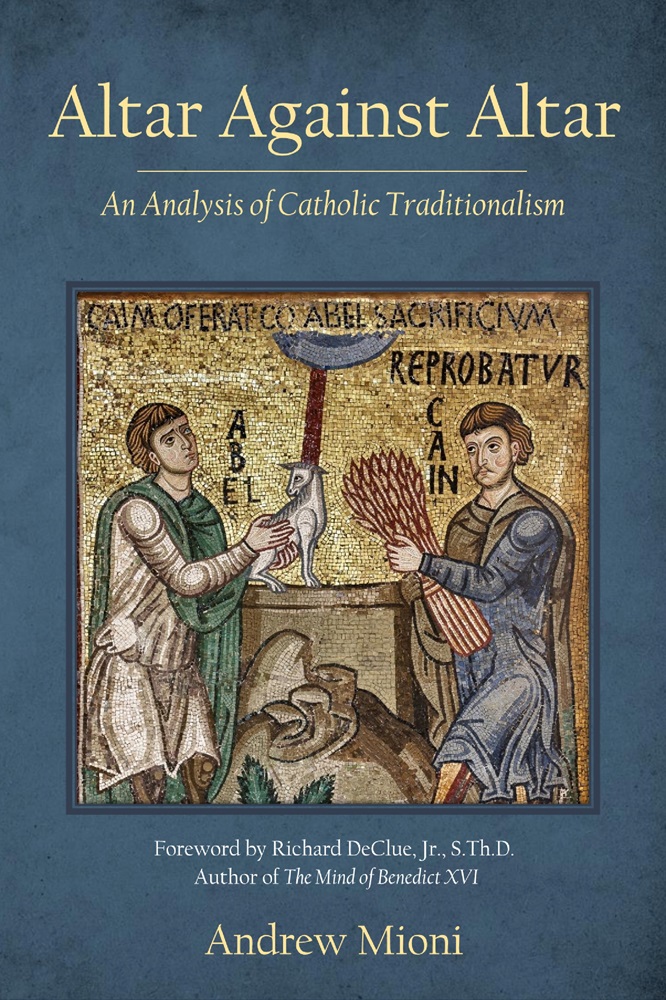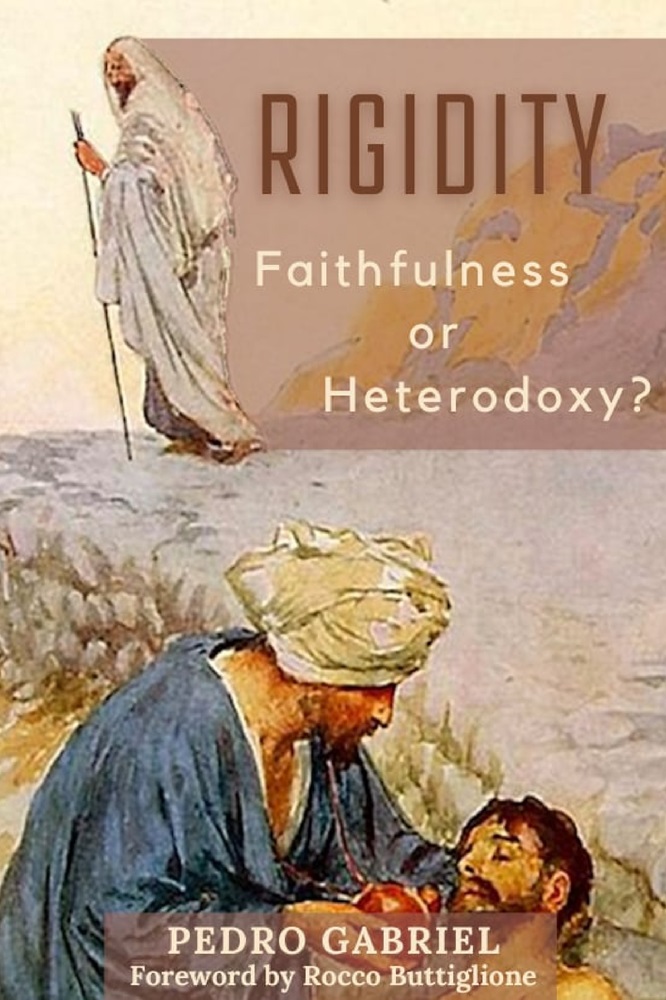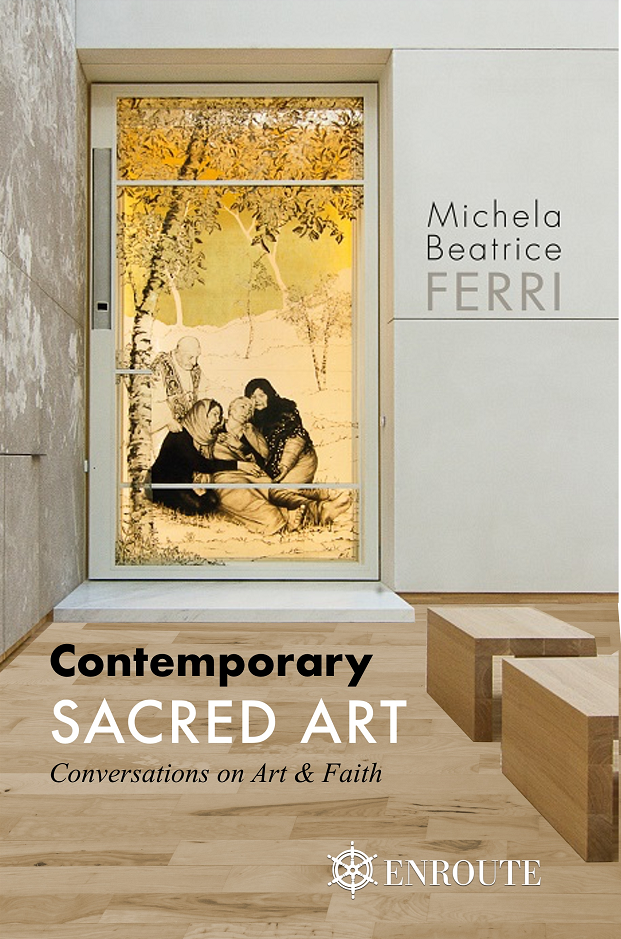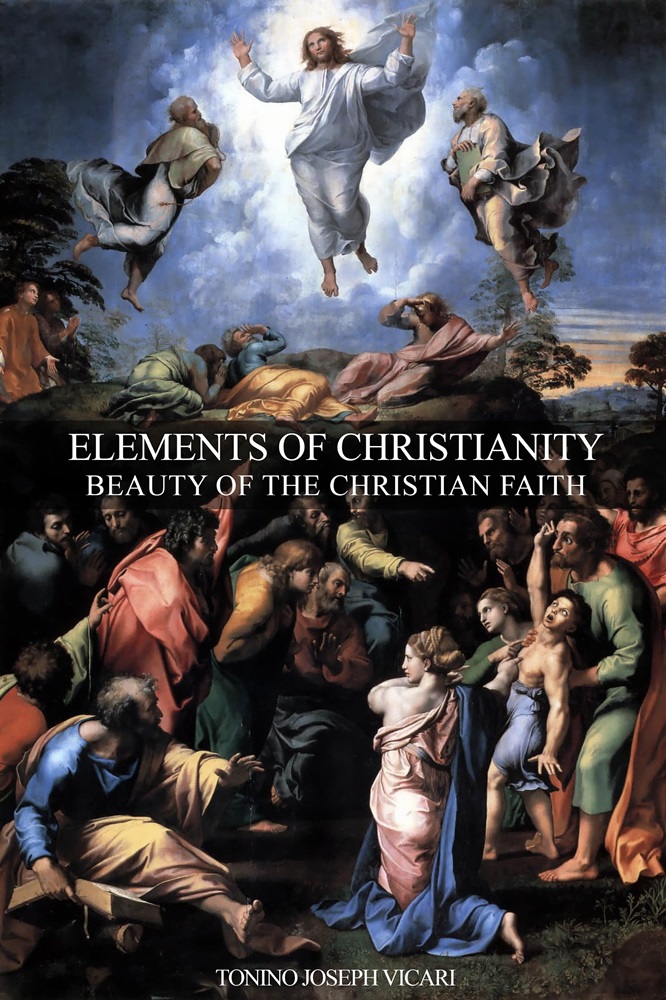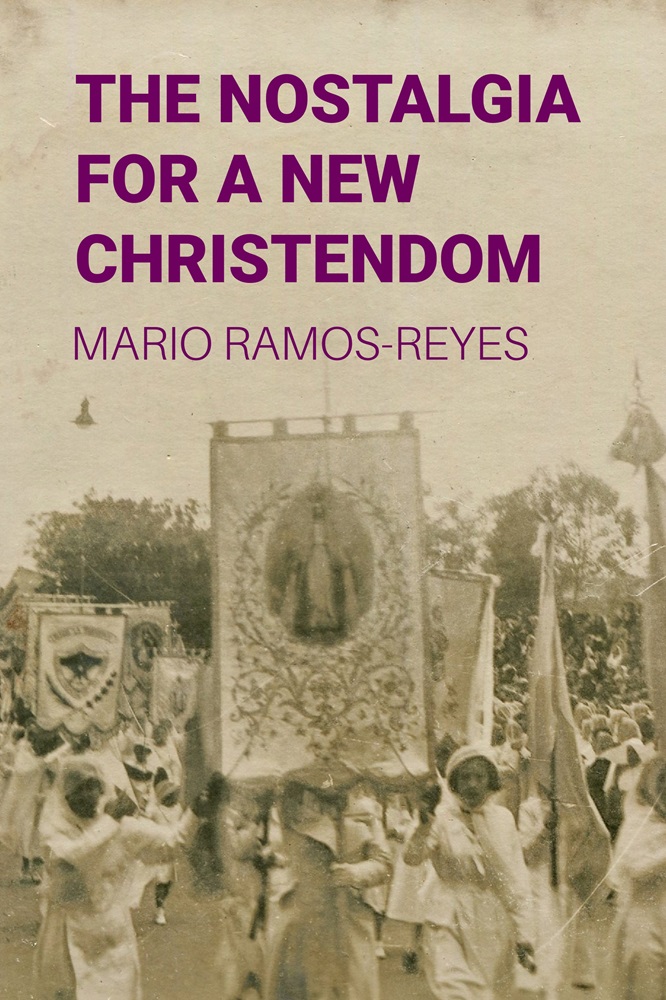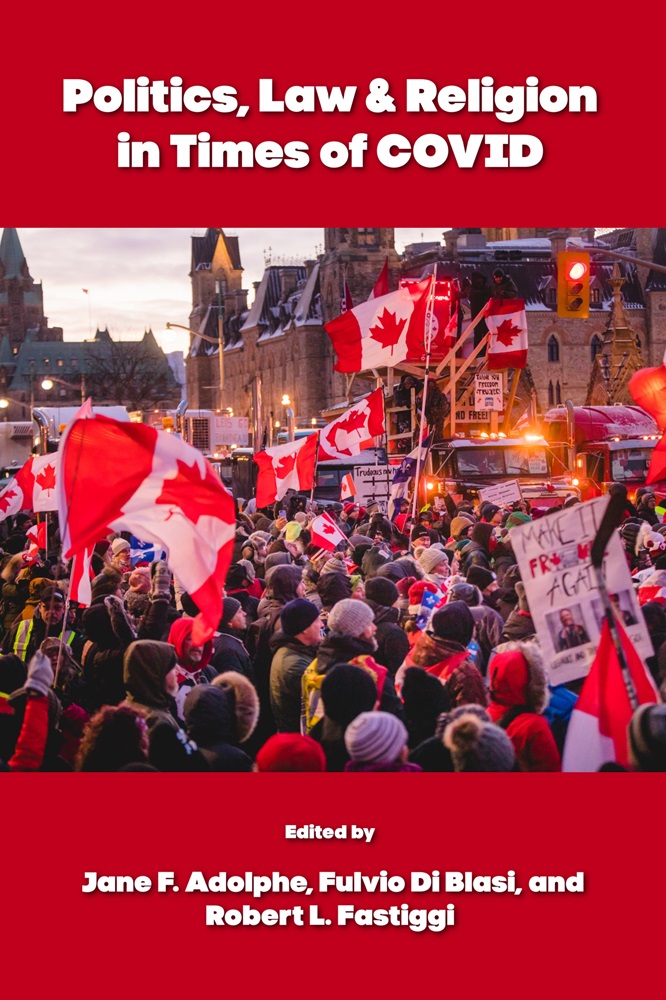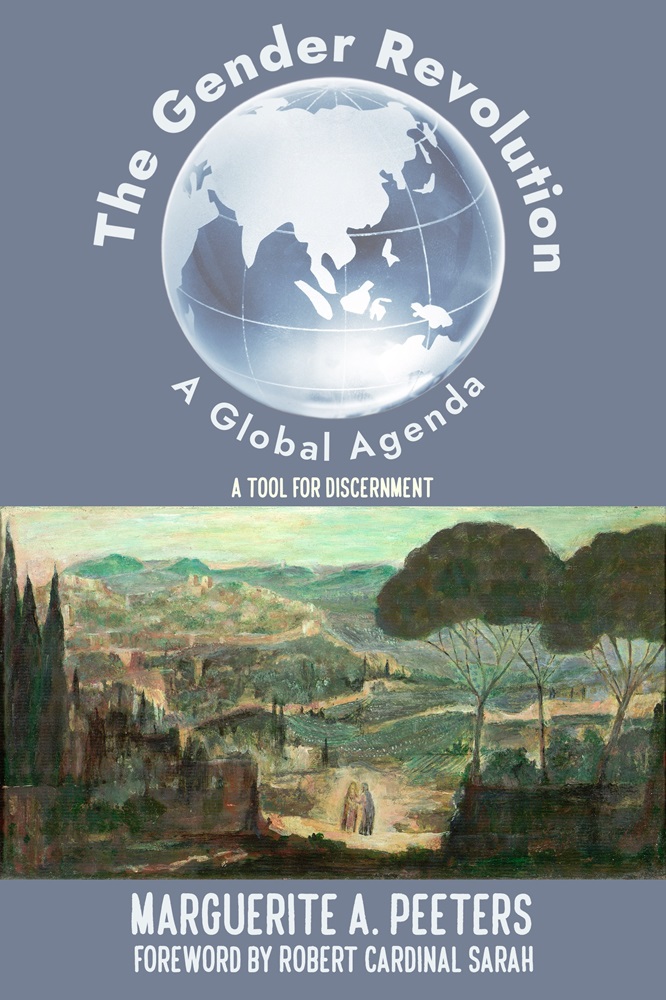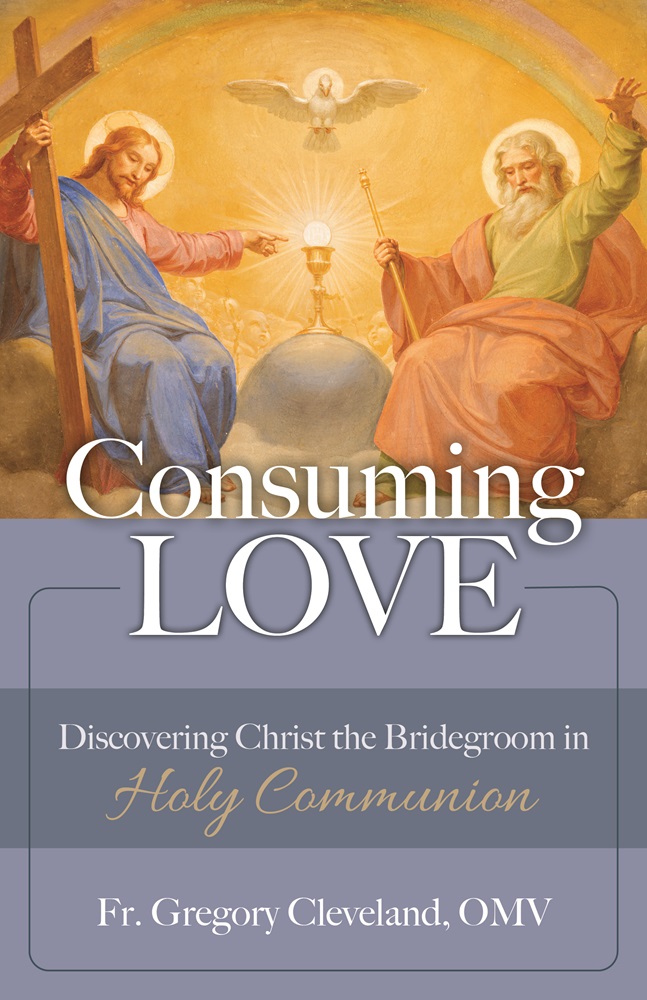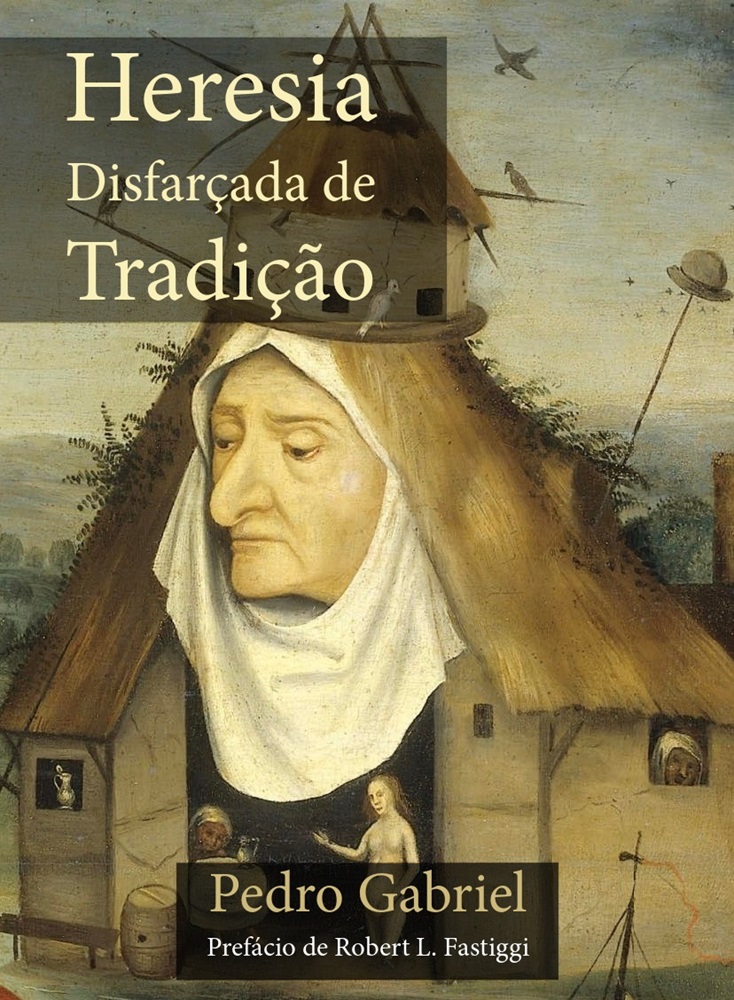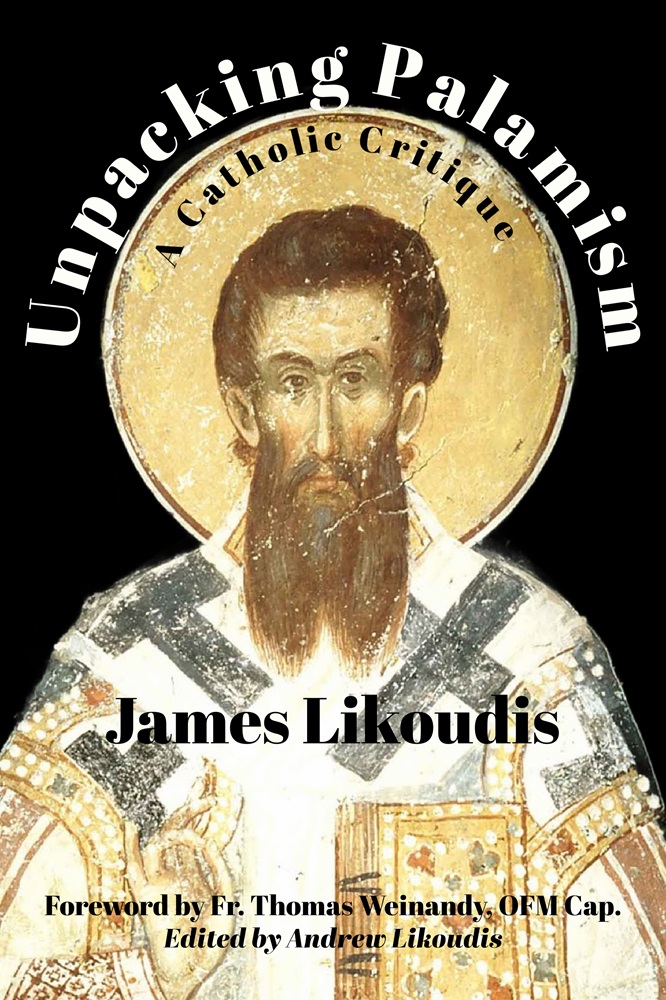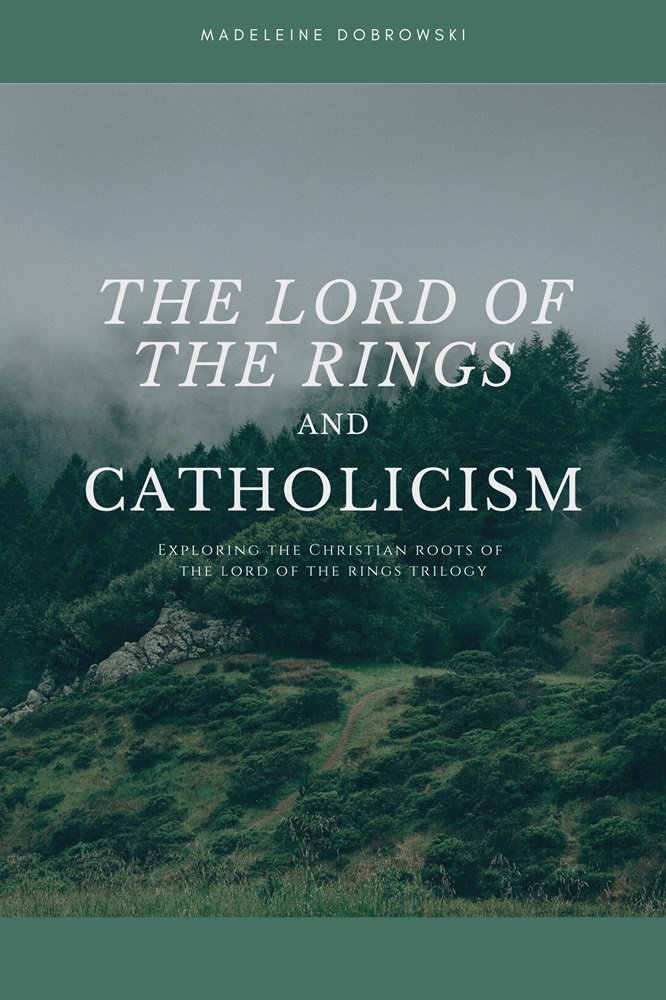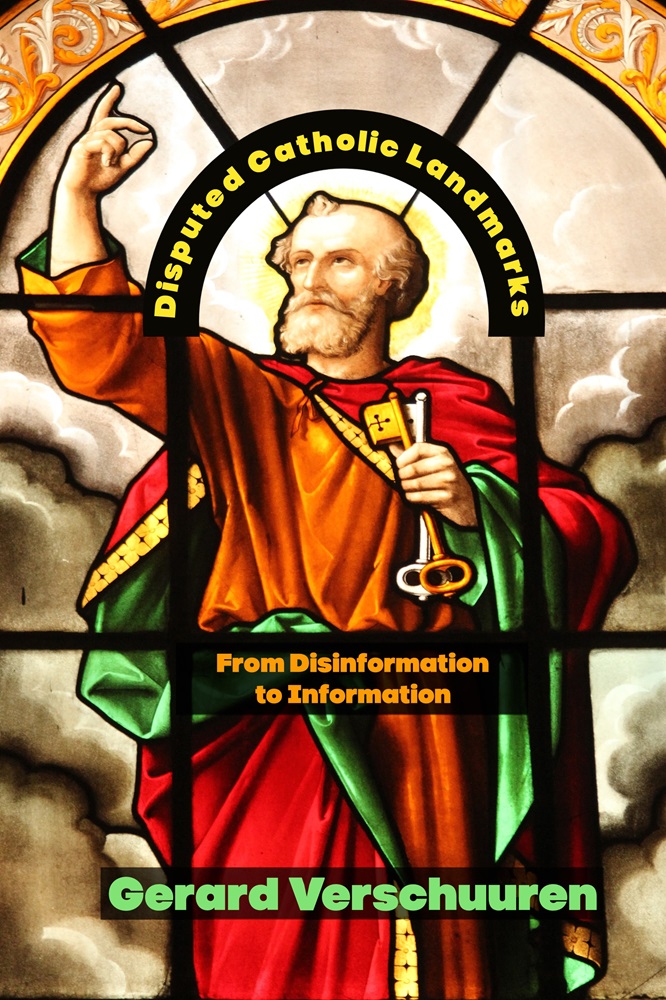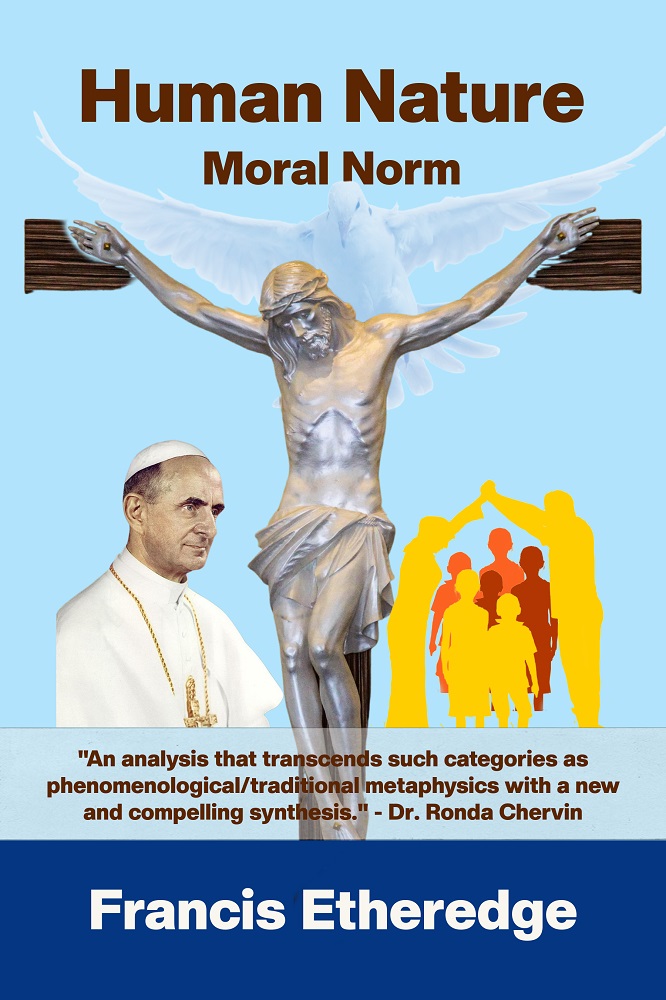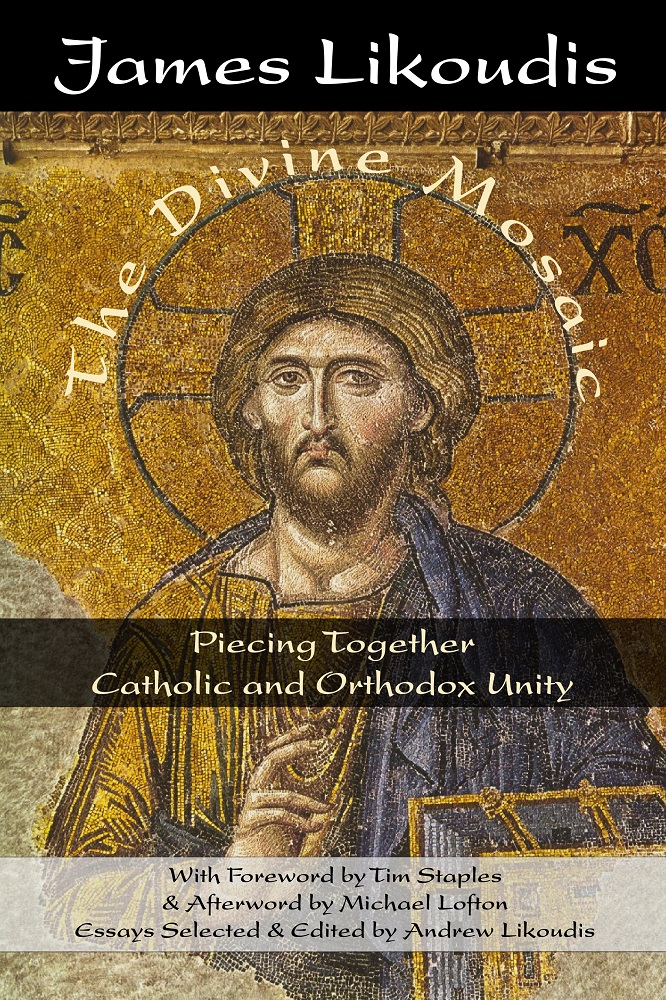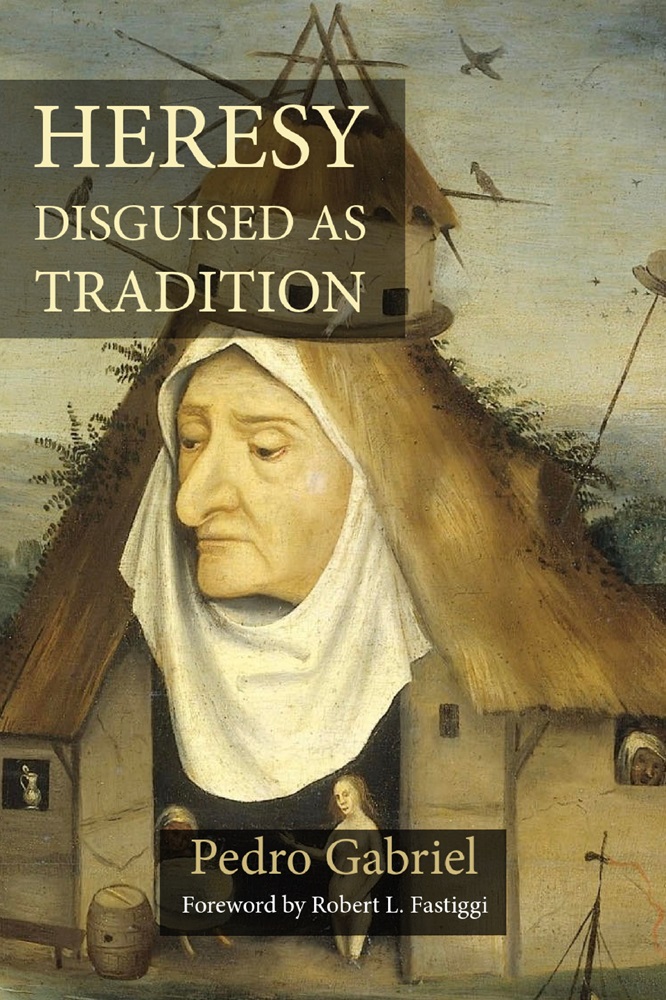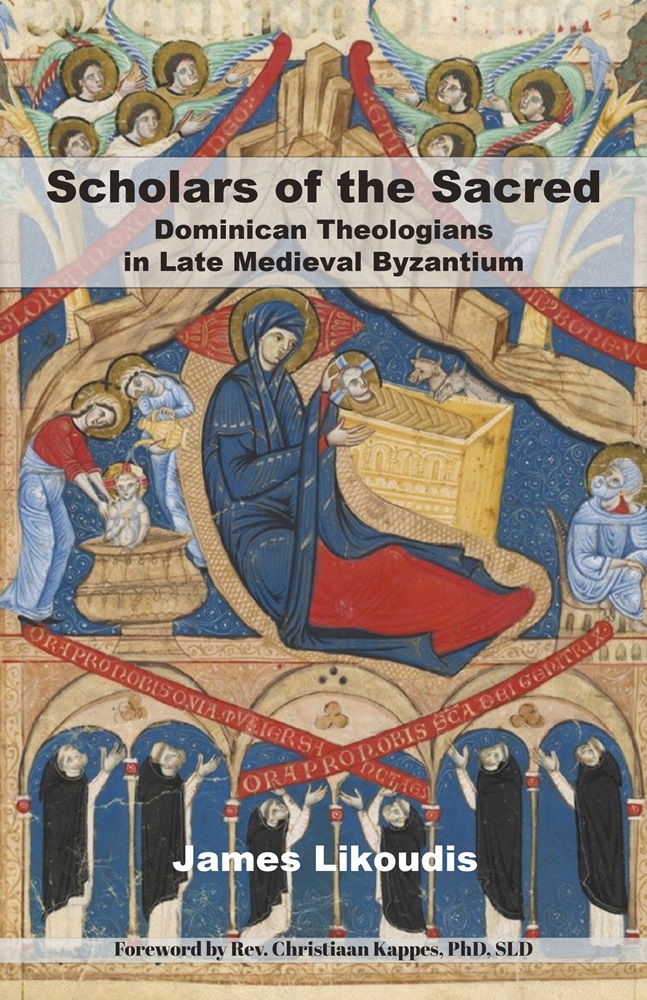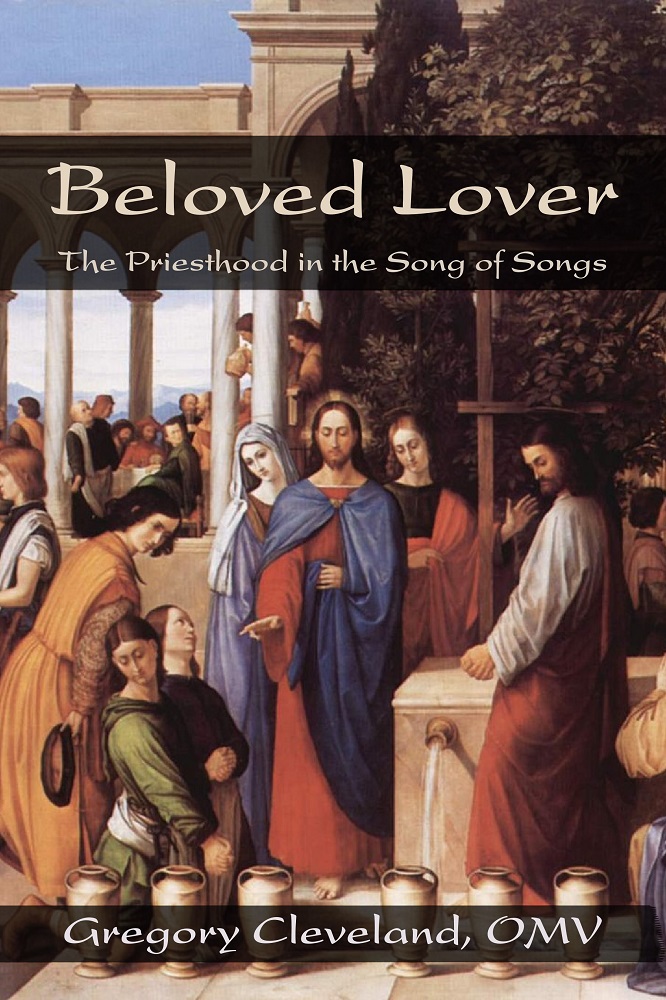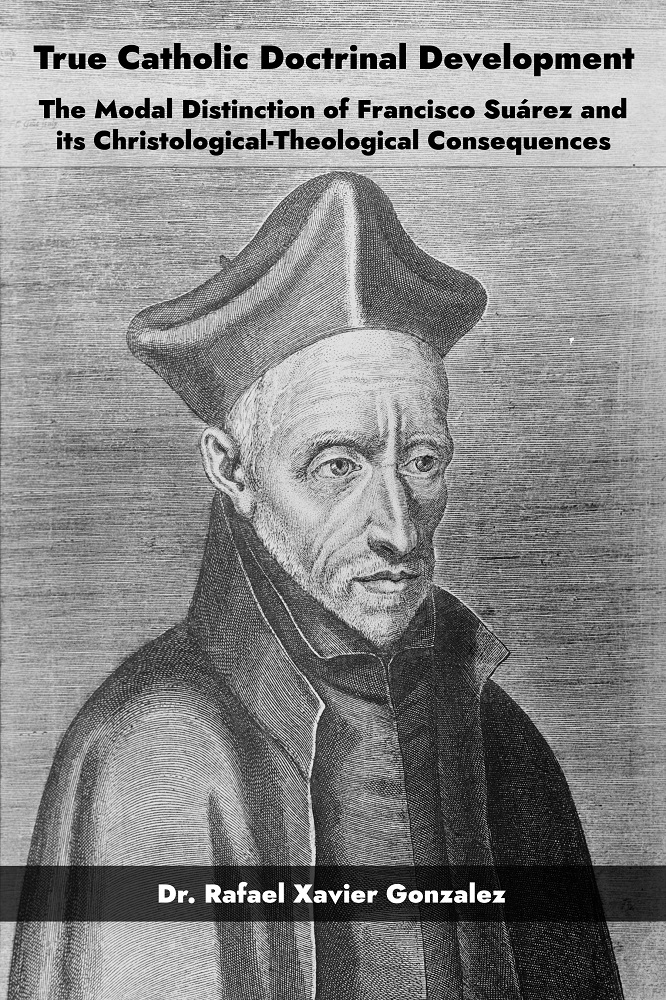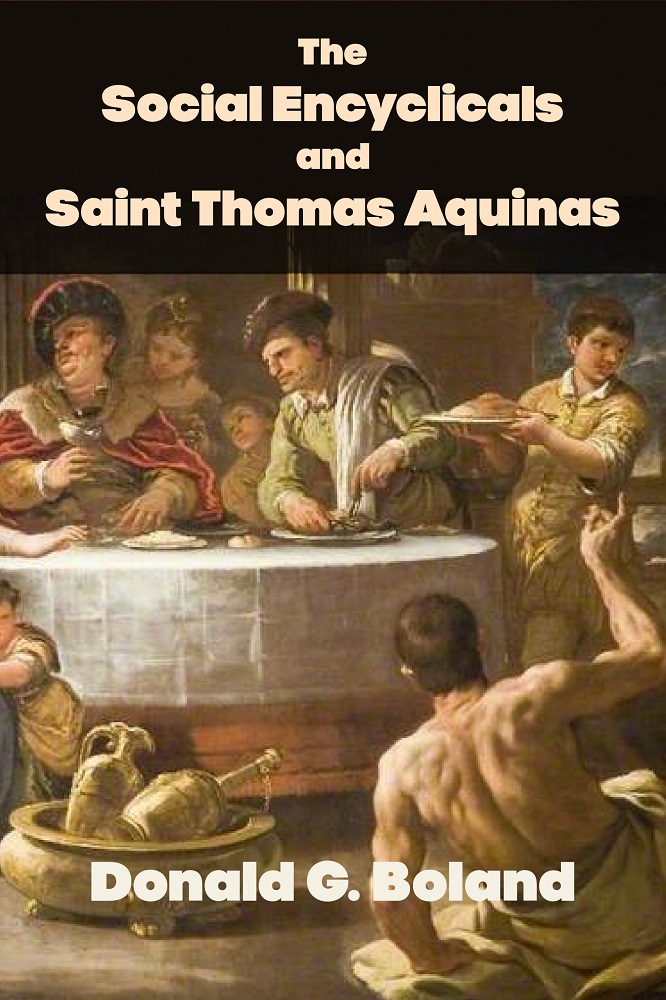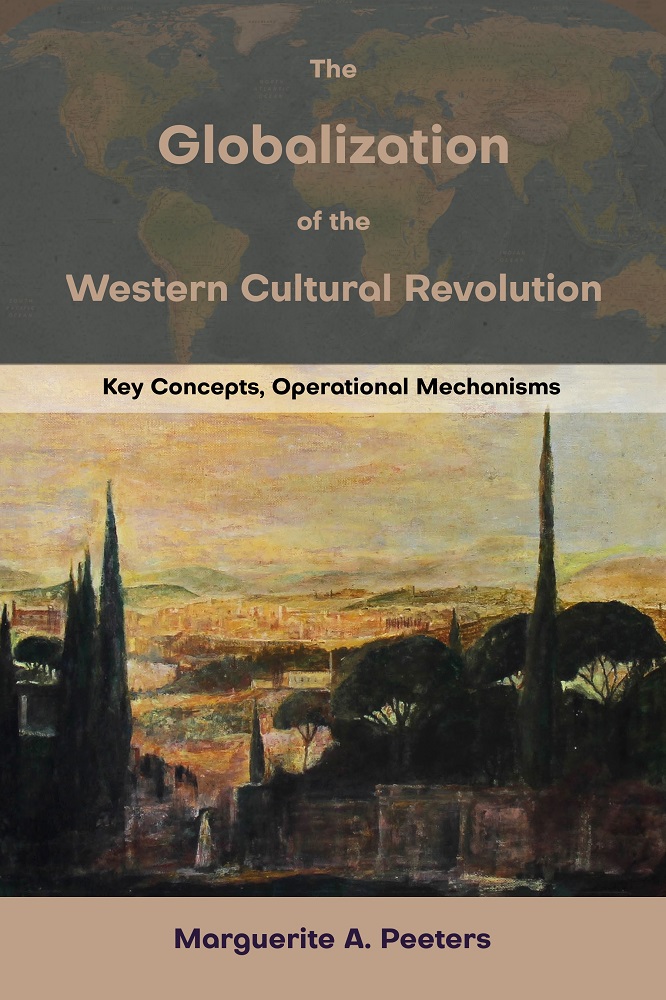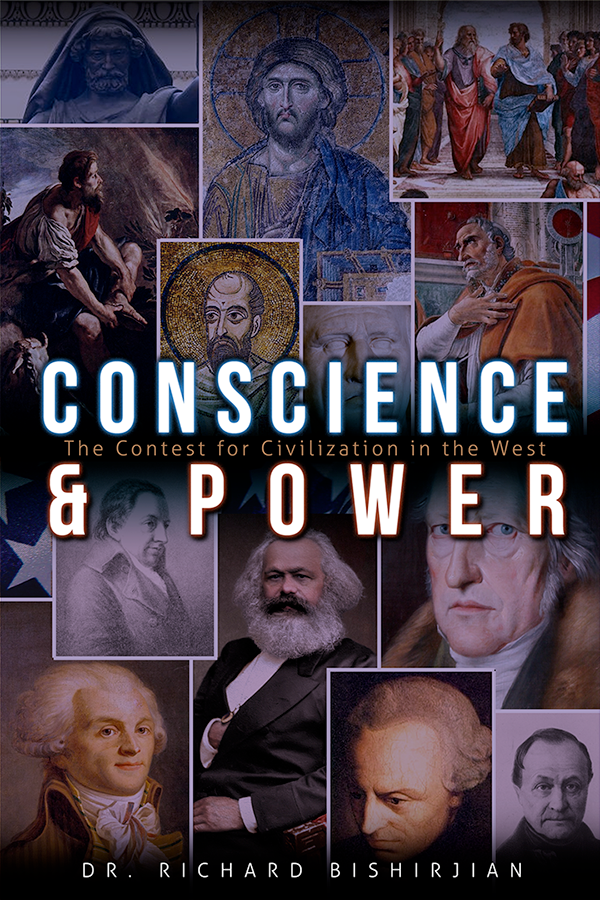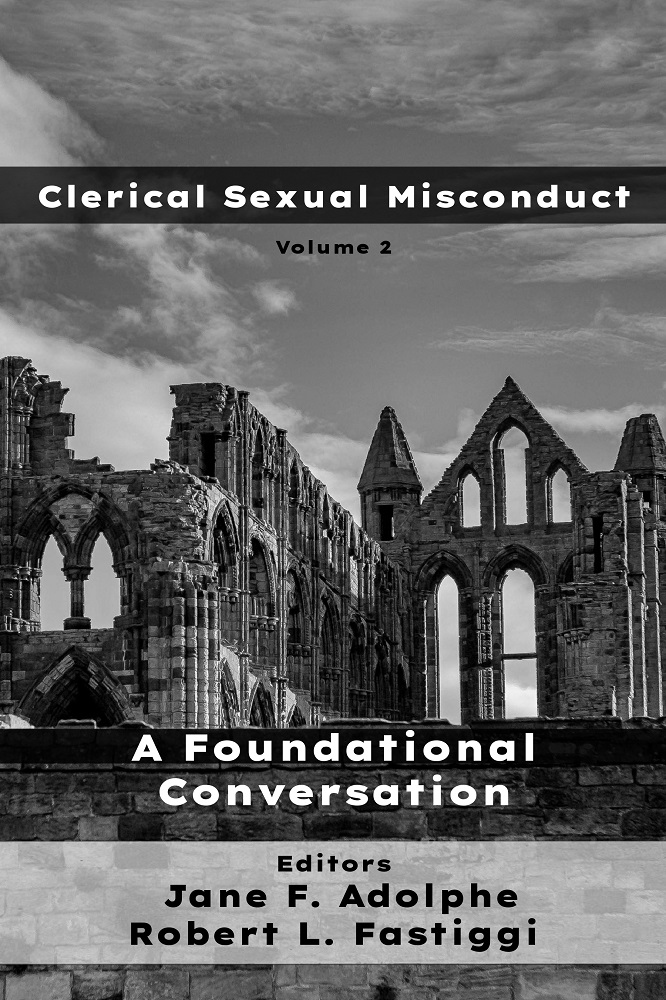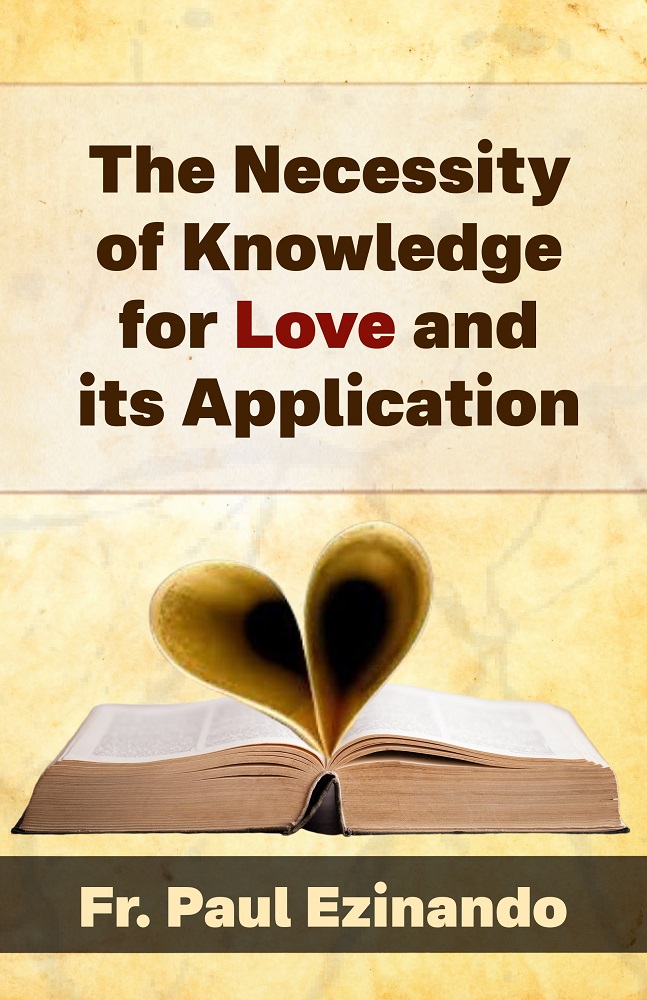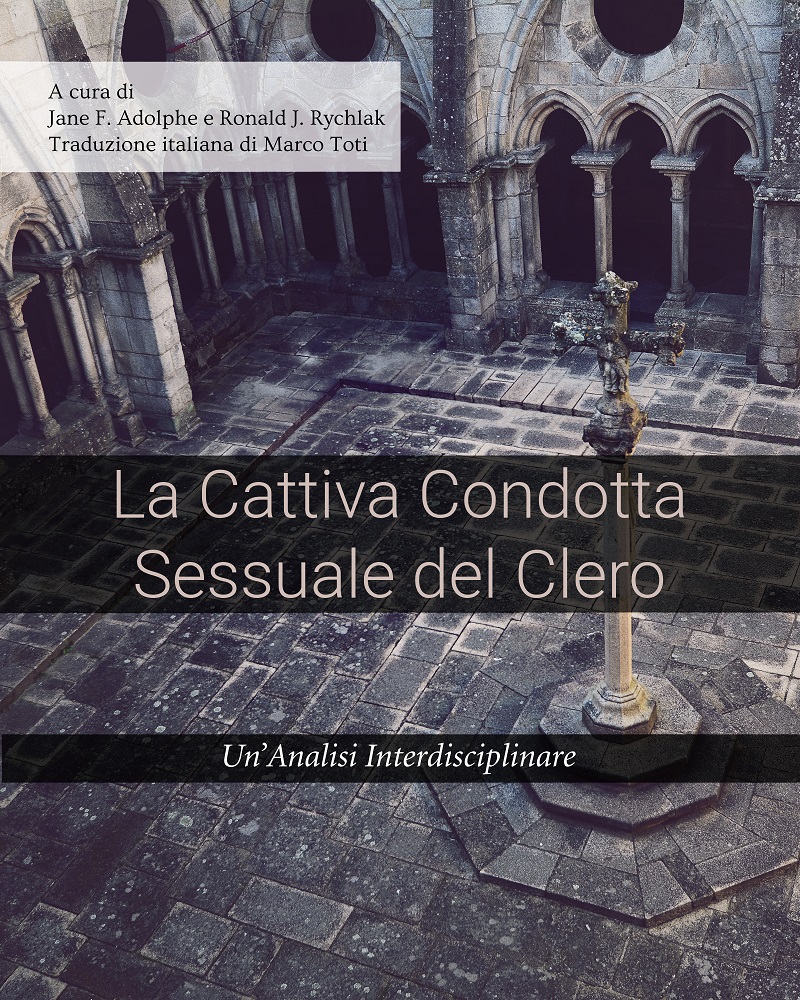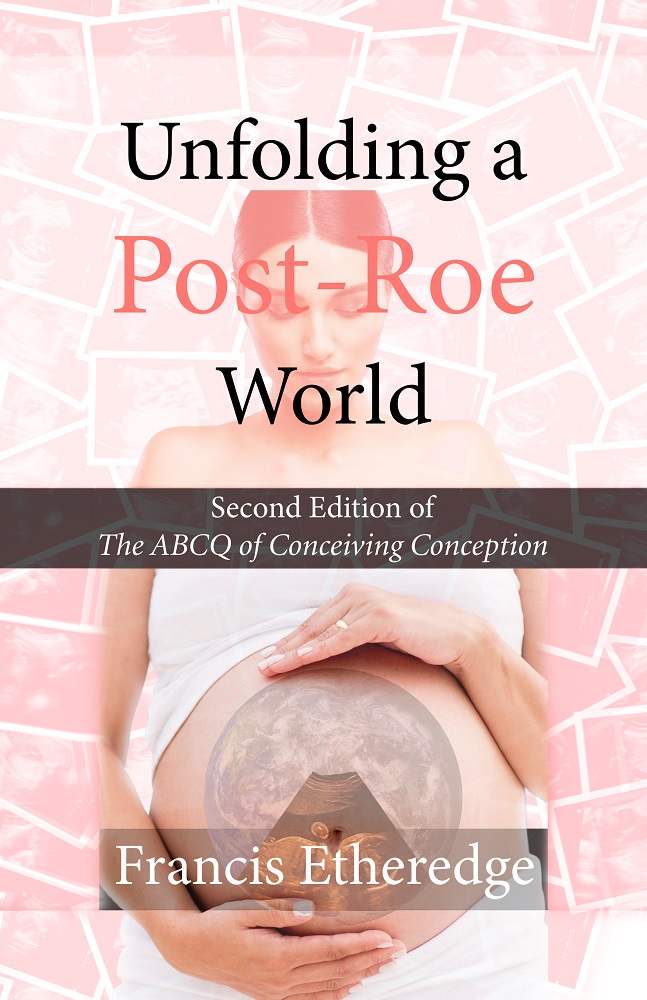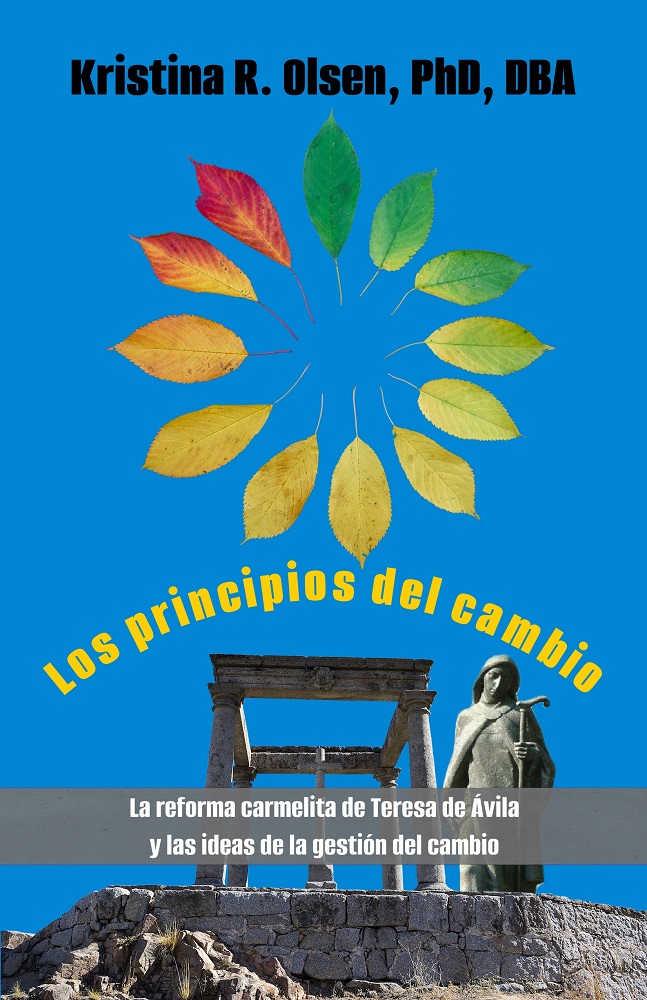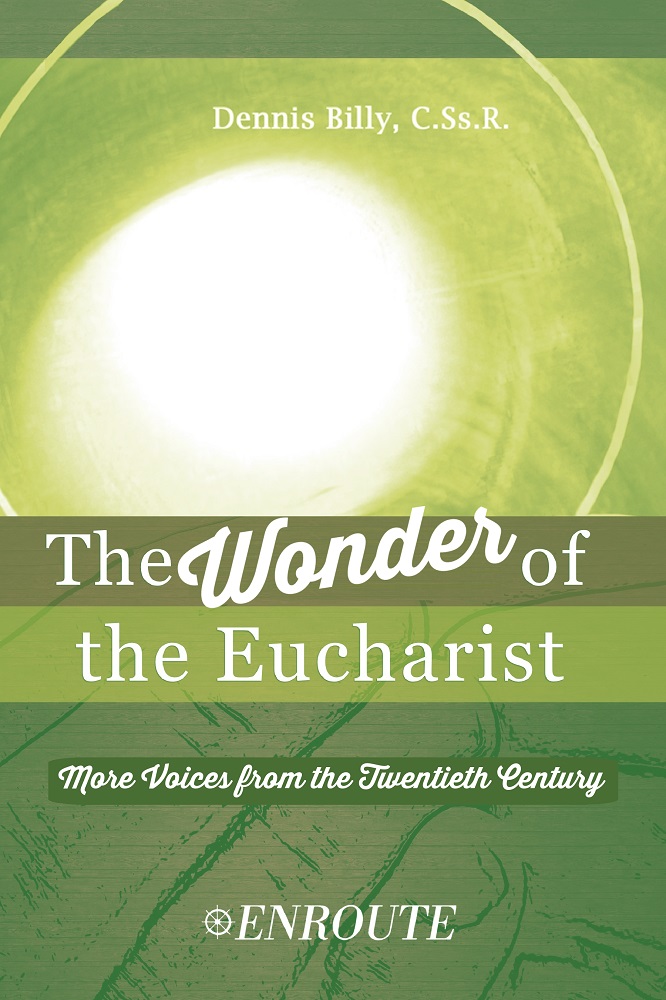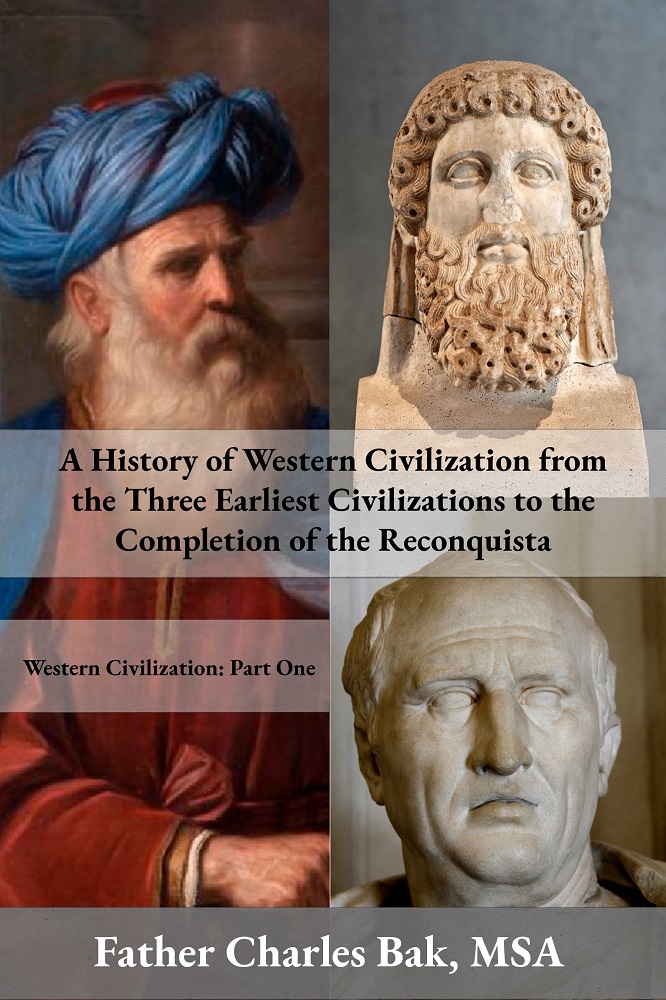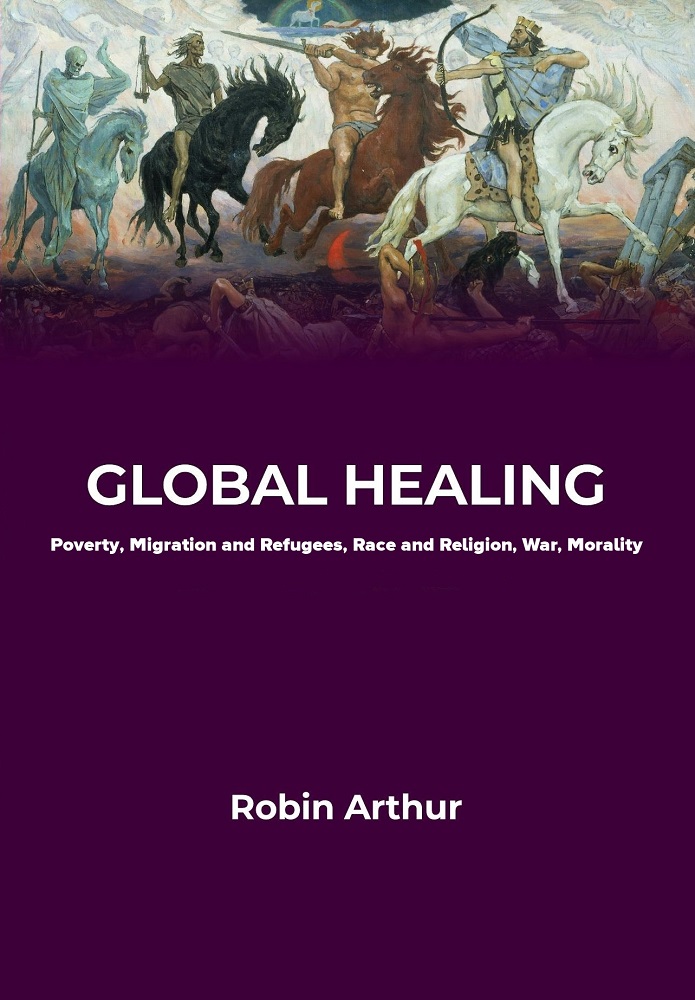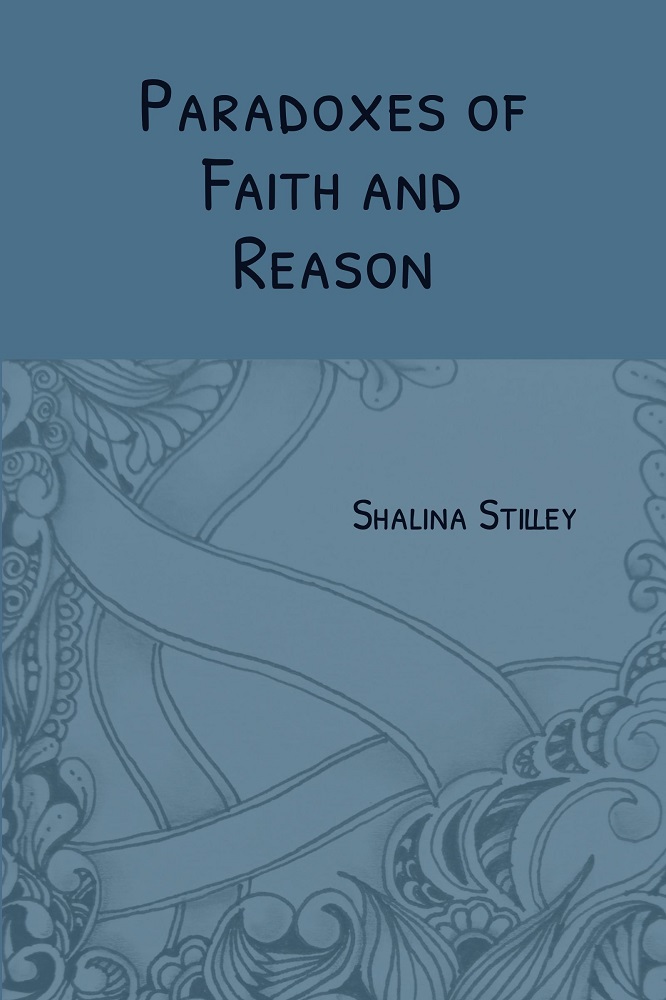Vatican II, Defense of the Novus Ordo Missae, Five Smooth Stones (1 Sam. 17:40) – On Modern Trends and How to Deal with Them: The Selected Works of Frits Albers, Vol. 2
by Frits Albers, edited with a Foreword by Frank Calneggia
Selected for publication in this second volume of the works of Frits Albers are the following three written in the 1970s.
- Vatican II;
- In Defense of the Novus Ordo Missae of His Holiness Pope Paul VI;
- Five Smooth Stones (1 Sam. 17:40) – On Modern Trends and How to Deal with Them
A principal reason for publishing anew these books written almost fifty years ago can be gathered from the author’s own words taken from his Vatican II.
“It is from our era, and from the Church of our era, still so close to us, that we must wrestle to partly unlock the mystique contained in the very essence of Vatican II. For our own immediate benefit as well as for the benefit of the Catholics to whom Catholic Tradition must be handed over in its entirety. No doubt Vatican II has a clear message for the Church of the future, but this great Council happened in our time, and future generations of Catholics depend on us – on how well we understood that time. How well our Catholic children will comprehend the past which happens to be our present, depends entirely on us.”
Many of the Catholic children of that era (and now their children also) hold positions of responsibility in society and in the Church. The younger generations of Catholics who were born after Vatican II and the promulgation of the Novus Ordo, if they take to heart the author’s words quoted above, should derive no little profit from the works presented in this volume. May the three works included in this present volume bring instruction, guidance and hope to Catholics in their quest to advance in knowledge and love of holy Mother Church and its life giving Teaching and to dispel the dark clouds of confusion, error and subterfuge they have to deal with in modern day ‘catholic’ environments, and finally to give them sound practical guidance on how to overcome and defeat the real enemy.
Paperback: $19.95 | Kindle: $9.99
REVIEW BY DR. DONALD G. BOLAND
This is the second volume of the collected works of Frits Albers. The first volume has been published only recently. The works concerned first appeared as articles dating from as early as the 1970s but with later editions appearing as late as AD 2000.
I have provided a testimonial to the first volume and what I said in it applies to the present works. There are three books that are included in this second volume. Put shortly, the first two are defences of Vatican II and the Novus Order of the Mass, and the third is a guide to how to deal with the threats to the Faith by the controversies surrounding what the changes are, let alone how they are to be interpreted.
As may be expected, Frits Albers has embarked upon quite a task, for as he himself notes in quoting St. Paul, such are the profundity and eternal consequences of the issues involved, we are up against “Principalities and Powers”. However, as I see his effort as a man of strong faith, he is well up to the task. One indication of the pointed truth of what he says may be gathered from the fact that his books have been neglected to be widely published for nigh on 50 years since they appeared at the very time when the theological errors and their related sinful practices were begun to be promoted with an enthusiasm that would be gratifying to their evil originators.
Indeed, such has been the forcefulness of this promotion, reaching even to the highest levels of the religious and hierarchical life of the Church, that their malign influence is today deeper and wider than ever.
The publication of Albers’ works could not be more urgent. His assessment and refutation of the modernist error (presented most insidiously in Teilhard de Chardin’s writings) that underlies the whole push to change the doctrinal basis of Catholic life and practice is so thorough and telling, that it is hard to see how any person of honest disposition, prepared to give him a fair hearing, would not be won over by his clear exposition of the positions of the parties to the controversy and even clearer determination of the issues. There is much in this volume to be digested and we have space to make only one point, hopefully to give the reader some idea of the value of his work.
With regard particularly to the first two books included we need to note a problem of language which is to do with the inability of the modern mind to make distinctions, so that even in ecclesiastical Latin phrases there is a hidden prejudice to taking the word in a sense that favours the modernist position. As is clear from what we observe about his work, Frits Albers is one who has been able to make the distinctions needed to avoid the modernist mind-set that sadly even afflicts “not a few” modern Catholic theologians. (cf. Fides et ratio n. 61)
The problem of language use, or rather misuse, can apply even to words used by popes, such as Pope John XXIII’s use of the Italian aggornimento. Words such as “renew” and “reform” are used constantly in the modern era to close down opposition to the hidden intent or real meaning of “deform” or “destroy”. Even the word “deconstruction” is used openly to imply some sort of constructive change instead of simple destruction.
So too the Latin Novus Ordo is subtly taken to mean the rejection of the old rite. Then, the Magisterium has to go to great lengths to explain the distinction between what in the liturgy is capable of change and what is not. So, as regards the latter, there is no new rite replacing the old. The Novus Ordo has to be the same in essence, or in substance, as the old, or it is not Catholic. Of course, those who are opposed to the “new rite” are keen to find differences of substance.
The Novus Ordo is the same in essence as the one it has replaced and the Mass is the same as it was from the beginning. This problem of preference for taking any change as an essential (or substantial) change is applied throughout. It is applied to the fabricated distinction between Vatican II and “Pre-Vatican II”. Confusion reigns all round, including among “well educated” Catholics at University level.
The Magisterium is occupied constantly in explaining that there is no discontinuity between the teachings of Vatican II and previous doctrinal positions in the long history of Catholic Tradition. One wonders however, with the barrage of loud voices to the contrary, how much effect these magisterial “interventions” have.
A poor education in the use of language and logic (which are intimately connected) hampers the one side of the argument and favours the other (no prizes for guessing which is which).
Without making any criticism of Frits Albers himself, for his intent is clear where he does so, he uses the word “community” in a way that could be problematic. There is nothing wrong with the ordinary meaning of the word itself. Indeed, transferred to the order of grace and the divine it can be used of the Trinity. But, precisely because of its soundness and sacred application, it is used or rather misused in the most profound way in modern political and religious life.
As to the former, it is as if we confused it with Communism, whereby the very notion of civil community is destroyed and citizens brutalized. This misuse has become insinuated even into Catholic thinking (and practice) in most recent times. (The word “synod” can be misused in the same way)
A more appropriate word in the place concerned would in my view be “collective”, for Albers is referring to a grouping where there is no true unity but a kind of herd-like gathering that tries to bully individual Catholics who are deprived of the leadership they deserve. (This is not a condition peculiar to Catholic congregations but is a general condition of modern political life)
It is quite remarkable that Albers picked up this abusive application of the word so early. The malign connotation exploited by them, some clergy were referring to the “parish community” when a good portion of the congregation were losing their faith in central doctrines, especially with regard to sexual morality, and so did not really have unity with those that had kept them. It became almost impossible to use the word in its right sense.
We put this comment then only to show how difficult it is in modernist (which equates with “fashionable” – those people Chesterton called “Thursdayites”) controlled conversations to have any intelligent/ intelligible dialogue at all.
In connection with this we might note that the very word “Thomist” was coming to be given a fabricated connotation that suited the modernist climate of thought, and used as opposed in some way to a less “rigid” Catholic Franciscan sentiment. This is very subtle in that it is designed to undermine the unity of mind and spirit that existed (and still exists in Heaven) in relation to the two great saints, when it might apply to some of their not so holy or learned followers. Read the two wonderful books of Chesterton on the saints to get the balanced view of their holy relationship.
Despite the linguistic difficulty, which all the faithful have to contend with, this collection of books of Frits Albers is powerful in all respects and one can only pray that it reaches the audience that needs it, which is all of us today.
— Dr. Donald G. Boland, author of Rev. Fr. Austin M. Woodbury, SM, PhD, STD and the Aquinas Academy (1945 – 1975); also see his Compendium
ABOUT THE AUTHOR
Frits Albers Ph. B (1921-2000) was born in Holland and studied under the Jesuits at Nijmegen during the 1940s. He emigrated to Australia in 1951, and travelled extensively within the south-east region of the ‘lucky country’. He joined the Department of Education in Victoria and worked as a high school teacher who specialised in mathematics, French and English.
In the early post Vatican II period he realised that the strange interpretations of the recently concluded Council that were being forced upon Catholics were under pinned by the same philosophy he had been taught in the 1940’s by the Jesuits at Nijmegen in the name of St Thomas Aquinas, but which in reality was the systematic Modernism of Pierre Teilhard De Chardin, S.J. Thus, in the early 1970’s he began writing articles and books to expose the philosophical root of these errors and aberrations of Teilhard De Chardin, and to defend Catholic Faith, clear thinking, and right philosophy.
ABOUT THE EDITOR
The editor is a retired electrical engineer who worked for most of his professional career in the specialist area of power generation. In a sabbatical year, he completed post graduate research in the History and Philosophy of Science at the University of Melbourne. He has long loved the philosophy of St Thomas Aquinas.
OTHER CATHOLIC FAITH AND MORALS BOOKS
Faith in Crisis: Critical Dialogues in Catholic Traditionalism, Church Authority & Reform edited by Andrew Likoudis
Faith in Crisis: Critical Dialogues in Catholic Traditionalism, Church Authority & Reform edited by Andrew Likoudis Faith in Crisis equips Catholics to navigate today’s fiercest ecclesial debates. With a foreword by philosopher-statesman Rocco Buttiglione, the...
Suma Apologética por Joseph A. Freymann
Suma Apologética: Apologética católica y preguntas morales por Joseph A. Freymann Suma Apologética está dirigida a adultos y adolescentes maduros. Ha sido diseñada específicamente para un curso anual de Apologética Católica a nivel de los últimos años de secundaria o...
The Host of Gethsemane: Eucharistic Hospitality in the Gethsemane Narratives by Dr. Annabelle Moseley, Th.D.
The Host of Gethsemane: Eucharistic Hospitality in the Gethsemane Narratives by Dr. Annabelle Moseley, Th.D. Discovering the Garden of Gethsemane as an Invitation to Deeper Prayer, Obedience to the Will of God, and Deeper Love of the Eucharist The Host of...
Redeeming Sex: The Battle for the Body by Eduardo Echeverria
Redeeming Sex: The Battle for the Body by Eduardo J. Echeverria The project of redeeming sex involves the battle for the body, one that is fought on many fronts in this book: the need for a philosophical and theological anthropology on the nature of the human person,...
A Catechesis on Deification, Transfiguration & the Luminous Mysteries by Matthew A. Tsakanikas, STD
A Catechesis on Deification, Transfiguration & the Luminous Mysteries by Matthew A. Tsakanikas, STD This book is a catechetical exploration of Christian deification, deeply rooted in the theological insights of Saint Athanasius and other Church Fathers. The work...
On the Third Part of the Secret of Fatima
For ongoing updates to this discussion, please visit Kevin’s website at https://kevinsymonds.com/ Special thanks: In addition to those named within the book as translators, En Route Books and Media would like to give a special thanks to Dr. Michela Ferri, who proofed...
The Rest of the Gospel Story: A Dated Summary of the New Testament Gospels and The Poem of the Man-God in Synthesis by David J. Webster
The Rest of the Gospel Story: A Dated Summary of the New Testament Gospels and The Poem of the Man-God in Synthesis by David J. Webster The Church distinguishes between “private” revelations, meant for personal faith and discernment, and revelations of public...
The Dated Parallel Harmony of the Gospels by David J. Webster
The Dated Parallel Harmony of the Gospels by David J. Webster The Holy ScripturesOur Divine Family Legacy as the sons of God.The grand history of human redemption revealed in three great epics: The Greatest Story ever told, the miraculous origin, deliverance and...
John’s Gospel: Recovering Authorial Intent by Fr. Peter Grover, OMV
John's Gospel: Recovering Authorial Intent by Fr. Peter Grover, OMV In this book, Fr. Peter Grover, OMV, introduces an innovative intratextual methodology to interpret the Gospel of John as a cohesive literary work, focusing on the author’s intent. He argues that the...
Foundations of Our Catholic Faith and The Hedge of the Vine: Selected Works of Frits Albers, Volume 3, Ed. by Frank Calneggia
The Foundations of Our Catholic Faith and The Hedge of the Vine: The Selected Works of Frits Albers, Vol. 3 by Frits Albers, edited by Frank Calneggia Selected for publication in this third volume of the works of Frits Albers are the following: The Foundations of Our...
The Face of Jesus, the Martyr and the Reciprocity of Abiding Love by J. Marianne Siegmund
The Face of Jesus, the Martyr and the Reciprocity of Abiding Love: Anthropological Considerations in Spiritual Theology Based Upon the Pontifical Writings of Pope Saint John Paul the Great by J. Marianne Siegmund This book explores the theological and spiritual...
D. H. Lawrence, Traditionalist: The Development of the Theme of the Sacred and the Profane by John Michael Klink
D.H. Lawrence, Traditionalist: The Development of the Theme of the Sacred and the Profane by John Michael Klink In this book, John Michael Klink shows how Lawrence redirects the modern reader to an awareness of the ancient distinction between that which yields life...
Crucified Love: Littleness, Spousal Love, and Fiat as the Instruments Jesus used in Enduring the Cross and the Means of a Soul Uniting with Him in Crucified Love by Dr. Mary Kloska
Crucified Love: Littleness, Spousal Love, and Fiat as the Instruments Jesus used in Enduring the Cross and the Means of a Soul Uniting with Him in Crucified Love by Dr. Mary Elizabeth Anne Kloska, Fiat+ In Crucified Love: Littleness, Spousal Love, and Fiat as...
Gender Ideology and Pastoral Practice: A Handbook for Catholic Clergy, Counselors, and Ministerial Leaders by Theresa Farnan, Susan Selner-Wright, and Robert L. Fastiggi
Gender Ideology and Pastoral Practice: A Handbook for Catholic Clergy, Counselors, and Ministerial Leaders Editors -- Theresa Farnan, Susan Selner-Wright, and Robert L. Fastiggi This book has been designed to assist Catholics doing pastoral work and ministering to...
Lived Experience and the Search for Truth: Revisiting Catholic Sexual Morality
Lived Experience and the Search for Truth: Revisiting Catholic Sexual Morality Editors -- Deborah Savage and Robert L. Fastiggi This book is an initial attempt to arrive inductively at the truths embedded in the moral teaching of the Church through the lived...
Summa Apologetica: Catholic Apologetics and Moral Questions by Joseph Freymann
Summa Apologetica: Catholic Apologetics and Moral Questions by Joseph Freymann Summa Apologetica is for adults and mature teens. It is specifically designed for a year-long course in Catholic Apologetics at the late high-school or early-college level. The book...
Jesus Christ, Scandal of Particularity: Vatican II, a Catholic Theology of Religions, Justification, and Truth by Eduardo J. Echeverria
Jesus Christ, Scandal of Particularity: Vatican II, a Catholic Theology of Religions, Justification, and Truth by Eduardo J. Echeverria In this book, in view of the light of Jesus Christ, the Light of the world, and hence the scandal of particularity, the author...
Two Towers and a Minaret: Migration from a Catholic Perspective by Fr. Piotr Mazurkiewicz
Two Towers and a Minaret: Migration from a Catholic Perspective by Fr. Piotr Mazurkiewicz with a preface by John M. Klink and a foreword by Jane F. Adolphe Mass migration is a serious challenge in both America and Europe. Hence the question of the ethical limits of...
Rigidez: Fidelidade ou Heterodoxia? por Pedro Gabriel
Rigidez: Fidelidade ou Heterodoxia? por Pedro Gabriel "Porque é que o Papa Francisco está sempre a criticar os católicos fiéis?" é uma pergunta frequentemente repetida sempre que o Santo Padre faz uma das suas habituais invectivas contra a rigidez religiosa. De facto,...
Altar Against Altar: An Analysis of Catholic Traditionalism by Andrew Mioni
Altar Against Altar: An Analysis of Catholic Traditionalism By Andrew Mioni When does the crisis in the Church end? May priests universally minister without any canonical mission? Can one Eucharist be offered against another in legitimate Catholic worship? Using the...
Rigidity: Faithfulness or Heterodoxy by Pedro Gabriel
Rigidity: Faithfulness or Heterodoxy? by Pedro Gabriel “Why is Pope Francis always criticizing faithful Catholics?” is an oft-repeated question whenever the Holy Father makes one of his usual invectives against religious rigidity. Francis has indeed made such...
Contemporary Sacred Art: Conversations on Art & Faith
Contemporary Sacred Art: Conversations on Art & Faith by Dr. Michela Beatrice Ferri In translation now from the Italian. Buy it in the original language here: What is the so-called “Contemporary Sacred Art”? In her book, Michela Beatrice Ferri inquires about the...
It’s Everybody’s World: We either Live Together or Die Together by Robin Arthur
It's Everybody's World: We either Live Together or Die Together by Robin Arthur This book invites global communities to seek the peaceful advancement of humanity that globalisation can bring about and open the gates to a common future, casting away the other troubles...
Elements of Christianity: The Beauty of the Christian Faith
Elements of Christianity: The Beauty of the Christian Faith by Tonino Vicari This book attempts to make accessible to the average reader the basic elements of Church teaching concerning morality, natural law, and supernatural truths that have been passed down through...
The Nostalgia for a New Christendom by Mario Ramos-Reyes
The Nostalgia for a New Christendom by Mario Ramos-Reyes Mario Ramos-Reyes explains the political schizophrenia of mid-20th century Latin America and the healing process that sought to fill the void between Enlightenment liberalism and the Catholic tradition. The cure...
Politics, Law & Religion in Times of COVID, ed. by Jane F. Adolphe, Fulvio Di Blasi, Robert L. Fastiggi
Politics, Law & Religion in Times of COVID Editors, Jane F. Adolphe, Fulvio Di Blasi, and Robert L. Fastiggi After two years of anti-COVID-19 policies, an international group of Catholic scholars and lawyers gathered in Rome under the auspices of the International...
The Gender Revolution: A Global Agenda by Marguerite A. Peeters
The Gender Revolution: A Global Agenda (A Tool for Discernment) by Marguerite A. Peeters, Ph.D., with a Foreword by Robert Cardinal Sarah Wherever one lives in the world and whatever one’s age and occupation, it has today become difficult to escape the influence of...
Consuming Love by Fr. Gregory Cleveland, OMV
Consuming Love: Discovering Christ the Bridegroom in Holy Communion by Fr. Gregory Cleveland, OMV The Eucharist is the “sacrament of love.” Jesus Christ is the true Bridegroom of our hearts, and it is he whom we receive in holy Communion. Even if you have received our...
Heresia Disfarçada de Tradição por Pedro Gabriel
Heresia Disfarçada de Tradição por Pedro Gabriel Uma afirmação muito difundida nos círculos católicos atuais é que se pode ignorar os ensinamentos do Papa Francisco ou do Concílio Vaticano II se eles ensinarem algo que parece ir contra a tradição. Será que isso é...
Unpacking Palamism: A Catholic Critique
Unpacking Palamism: A Catholic Critique by James Likoudis with essays selected and edited by Andrew Likoudis Unpacking Palamism: A Catholic Critique, penned by esteemed scholar Dr. James Likoudis, meticulously scrutinizes the doctrines of Palamism, a theological...
The Lord of the Rings and Catholicism
The Lord of the Rings and Catholicism: Exploring the Christian Roots of The Lord of the Rings Trilogy by Madeleine Dobrowski This book explores the Catholic themes that can be found in The Lord of the Rings trilogy. It is written for all lovers of Tolkien, Catholic or...
Disputed Catholic Landmarks: From Disinformation to Information
Disputed Catholic Landmarks: From Disinformation to Information by Gerard Verschuuren Everyone's life has landmarks: when you were born, when you graduated from school, when you got your first job, when you got married, and so many more. There must be many landmarks...
Human Nature: Moral Norm
Human Nature: Moral Norm by Francis Etheredge There is a 'difference, both anthropological and moral, between contraception and recourse to the rhythm of the cycle: it is a difference which is much wider and deeper than is usually thought, one which involves in the...
The Divine Mosaic: Piecing Together Catholic and Orthodox Unity
The Divine Mosaic: Piecing Together Catholic and Orthodox Unity by James Likoudis, Edited by Andrew Likoudis This book collects essays, speeches, and presentations given over the course of James Likoudis' seven decades as a Catholic. As a convert from Eastern...
Heresy Disguised as Tradition
Heresy Disguised as Tradition by Pedro Gabriel A widespread assertion in Catholic circles today is that one can disregard the teachings of Pope Francis or the Second Vatican Council if they teach something that seems to go against tradition. Is this the case? In this...
Scholars of the Sacred: Dominican Theologians in Late Medieval Byzantium
Scholars of the Sacred: Dominican Theologians in Late Medieval Byzantium by James Likoudis, Edited by Andrew Likoudis This in-depth study of the Catholic–Orthodox reunion efforts during the tumultuous 11th–15th centuries reveals the vital role played by the Dominican...
Beloved Lover: The Priesthood in the Song of Songs by Fr. Gregory Cleveland, OMV
Beloved Lover: The Priesthood in the Song of Songs by Fr. Gregory Cleveland, OMV In the context of the mystical love poetry of the Song of Songs, Beloved Lover explores how the priest is the living image of Jesus Christ, the Spouse of the Church. The priest is called...
True Catholic Doctrinal Development: The Modal Distinction of Francisco Suárez and its Christological-Theological Consequences
True Catholic Doctrinal Development: The Modal Distinction of Francisco Suárez and its Christological-Theological Consequences by Dr. Rafael Xavier Gonzalez In this book, Dr. Rafael Gonzalez discusses Suárez' modal distinction, which seems to satisfy both medieval...
The Social Encyclicals and Saint Thomas Aquinas
The Social Encyclicals and Saint Thomas Aquinas by Dr. Donald G. Boland The social encyclicals of the Catholic Church provide an opportunity to treat human behavior from a practical moral philosophical point of view grounded in Aristotle as interpreted by Saint Thomas...
The Globalization of the Western Cultural Revolution: Key Concepts, Operational Mechanisms by Marguerite A. Peeters
The Globalization of the Western Cultural Revolution: Key Concepts, Operational Mechanisms by Marguerite A. Peeters, Ph.D. A new ethic, secularist in its radical aspects, has spread like wildfire all over the world since the end of the cold war. This ethic is the...
Conscience and Power: The Contest for Civilization in the West
Conscience and Power: The Contest for Civilization in the West by Dr. Richard Bishirjian Conscience and Power examines how civilization in "the West" arose after the fall of the Roman Empire and has grappled ever after with a desire of citizens of nations of Western...
Clerical Sexual Misconduct, Vol. 2: A Foundational Conversation
Clerical Sexual Misconduct, Vol 2: A Foundational Conversation Editors -- Jane F. Adolphe and Robert L. Fastiggi The abuse, harassment, or devaluation of women, in any form by Catholic priests and bishops, raises concerns about: whether clerics have a healthy...
The Necessity of Knowledge for Love and its Application
The Necessity of Knowledge for Love and Its Application by Fr. Paul Ezinando In this work, Fr. Paul Ezinando not only demonstrates that knowledge is a necessity for love, but he also shows that proper knowledge promotes love. Following the argument of St. Augustine,...
La Cattiva Condotta Sessuale del Clero: Un’Analisi Interdisciplinare
La Cattiva Condotta Sessuale del Clero: Un'Analisi Interdisciplinare A cura di Jane F. Adolphe e Ronald J. RychlakTraduzione italiana di Marco Toti La Cattiva Condotta Sessuale del Clero, Un’Analisi Interdisciplinare è un libro importante curato da Jane F. Adolphe e...
Unfolding a Post-Roe World
Unfolding a Post-Roe World by Francis Etheredge Unfolding a Post-Roe World is the second edition of what had formerly been entitled The ABCQ of Conceiving Conception. It explores what is involved in grasping the beginning of each of us – but we need the truth to open...
Los principios del cambio
Los principios del cambio: La reforma carmelita de Teresa de Ávila y las ideas de la gestión del cambio Kristina R. Olsen Este libro se basa en los principios de gestión del cambio organizacional para examinar la reforma de la Orden Carmelita de Teresa de Ávila en el...
The Wonder of the Eucharist
The Wonder of the Eucharist: More Voices from the Twentieth Century by Dennis Billy, C.Ss.R. This book examines some of the major literary voices from the past century who deepened our understanding of the Eucharist by embedding it in their short stories, novels,...
A History of Western Civilization from the Three Earliest Civilizations to the Completion of the Reconquista by Fr. Charles Bak, MSA
A History of Western Civilization from the Three Earliest Civilizations to the Completion of the Reconquista: Western Civilization, Part 1 by Fr. Charles Bak, MSA This book tells a good story, actually the best story--the real story! So much of history involves...
Global Healing: Poverty, Migration and Refugees, Race and Religion, War, Morality by Robin Arthur
Global Healing: Poverty, Migration and Refugees, Race and Religion, War, Morality by Robin Arthur This book seeks to examine five challenges that our changing world will increasingly confront in the aftermath of Covid-19, namely poverty, migration and refugees, race...
Paradoxes of Faith and Reason
Paradoxes of Faith and Reason by Dr. Shalina Stilley Paradox it is at the very heart of the Gospel message. The Trinity, the Incarnation, the Cross and Resurrection, and the problem of evil are but a few examples of paradoxes of faith and reason. How can God be three...
